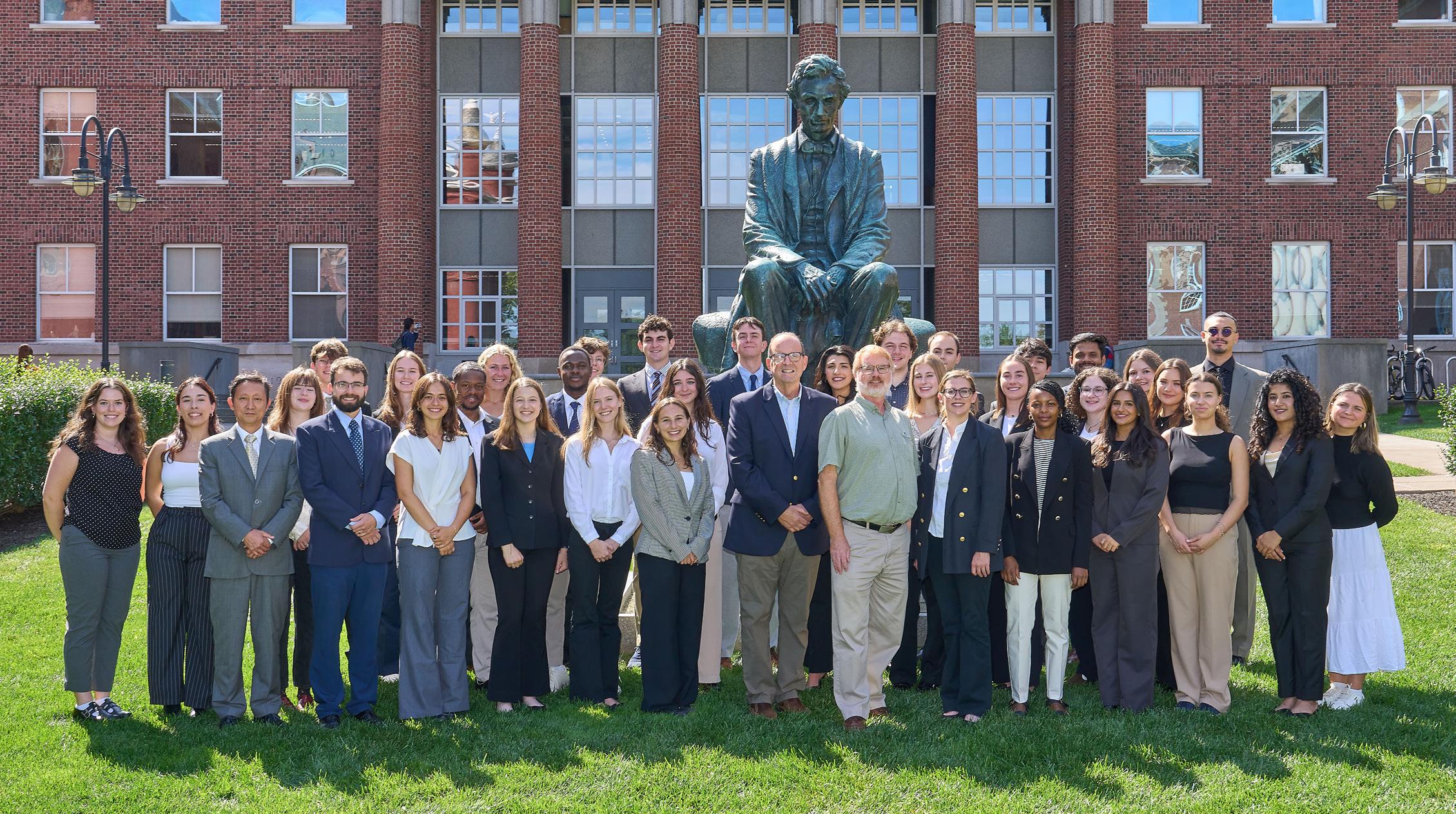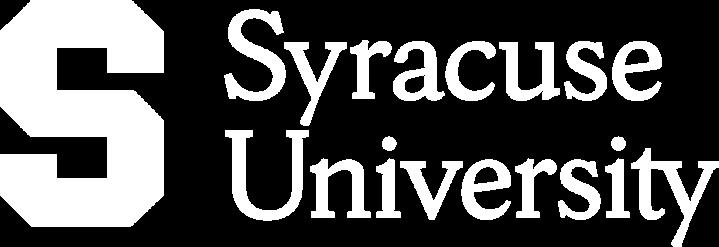




Design by Kristin Hauptman
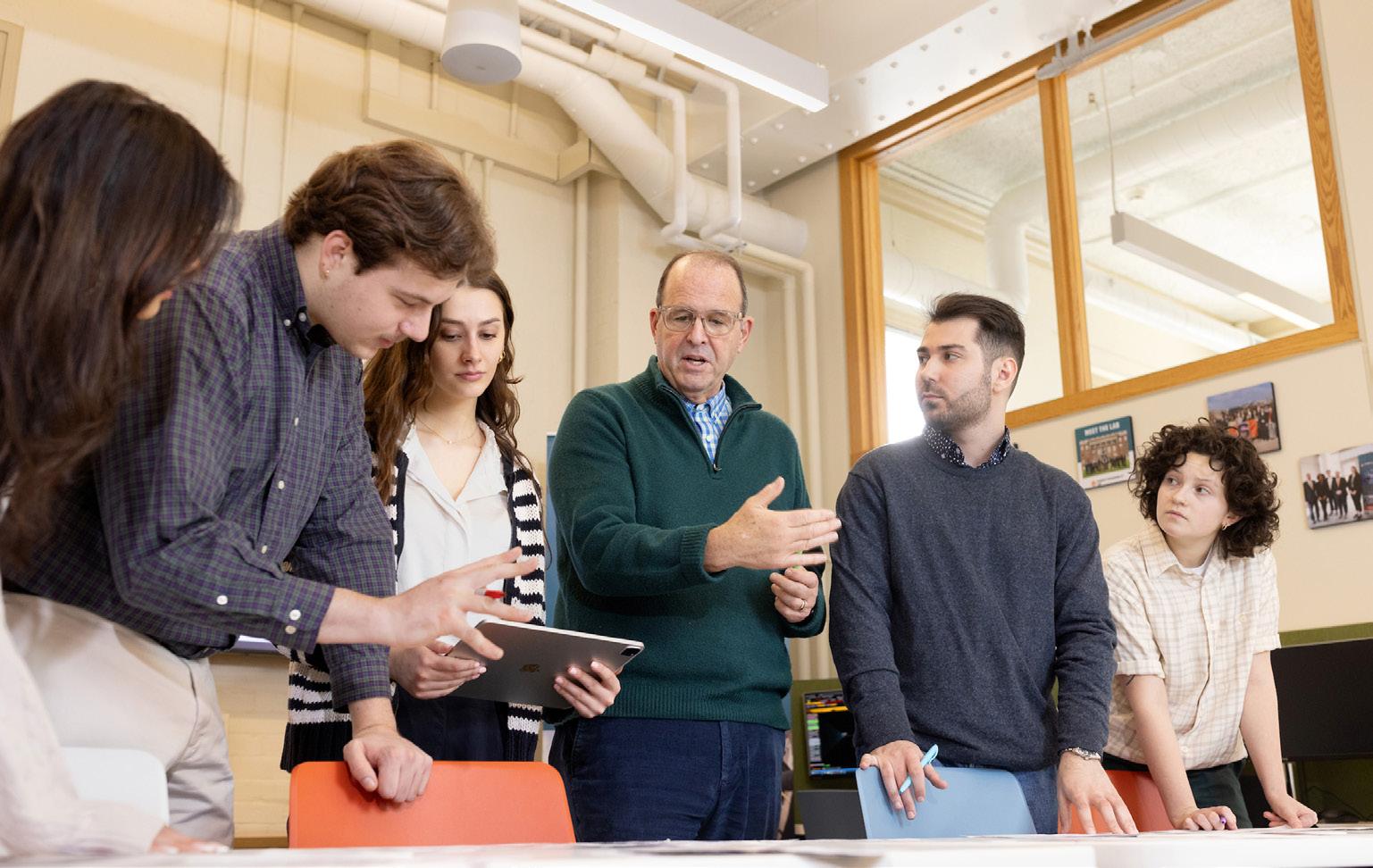
The Dynamic Sustainability Lab examines the risks, unintended consequences and opportunities resulting from the rapid transition to a Net-Zero Carbon Economy including the technologies, policies and organizational strategies used in the transition. Our focus is in providing interdisciplinary scientific approaches that support organizations in realizing sustainability transition opportunities by identifying the dynamic risks and developing strategies and tools to achieve success.
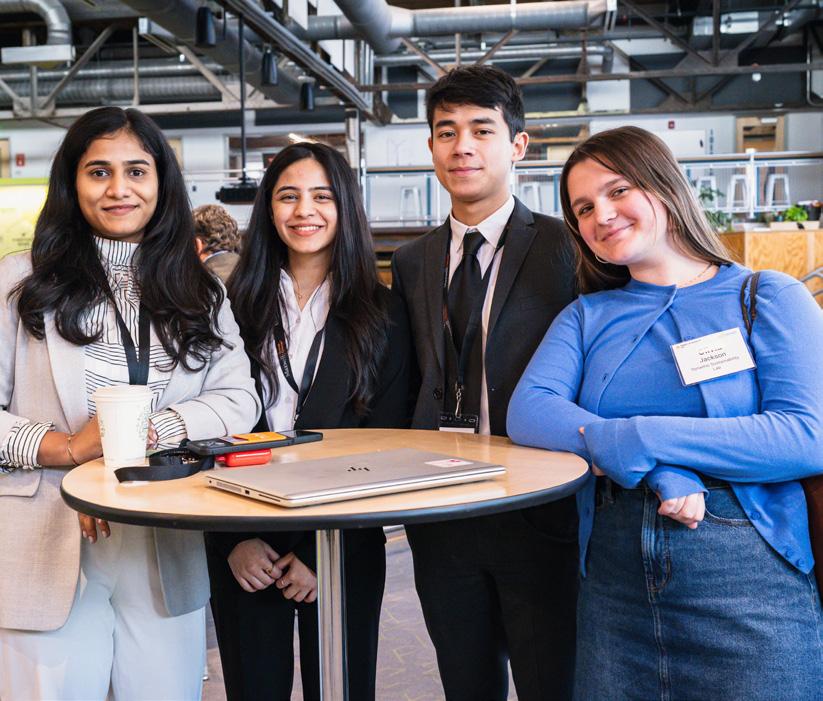

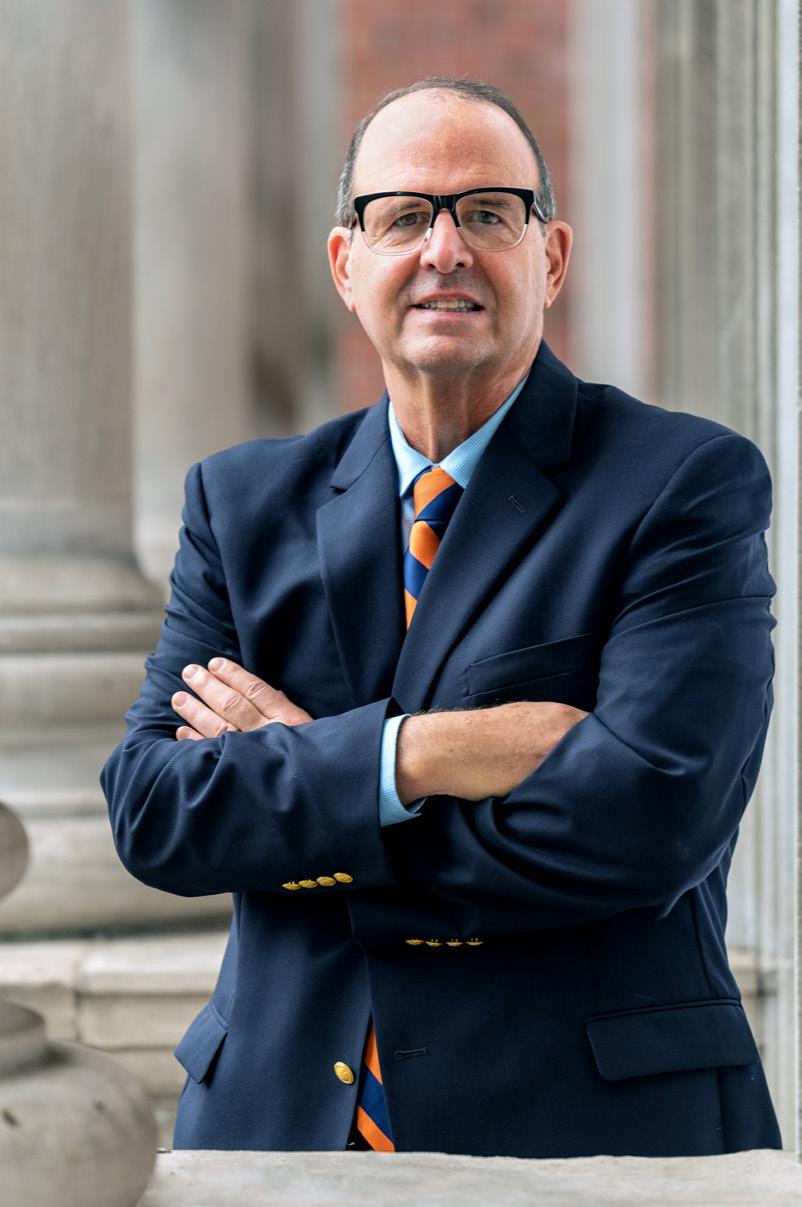
DR. JAY GOLDEN
Pontarelli Professor of Environmental Sustainability and Finance
Faculty Director, Master of Science in Sustainable Organizations and Policy
Department of Public Administration and International Affairs
Department of Environment, Sustainability and Policy
Maxwell School of Citizenship and Public Affairs
Department of Earth and Environmental Sciences - Faculty Affiliate College of Arts and Sciences
Syracuse University

This past year certainly has been impactful both at the Dynamic Sustainability Lab and as a country post our state and national elections. To highlight some of the major transitions that have occurred in 2024 as well the successes of our research team, we have modified our normal Annual Report to highlight some of the seminal events by each month.
With a new government ready to come into place in January 2025 there is uncertainty as to what the future holds. Irrespective of new leadership and a new Congress, we know two things.
The first observation is that the pace of new policies in regard to environmental sustainability as well as forced labor has reached unprecedented levels in the United States and around the globe. Many of our state governments including California as the world’s fifth largest economy are leading efforts that are mostly immune from federal policies. Similarly, around the globe and especially in the European Union the world’s third largest economy, 2024 saw a number of new and aggressive climate, biodiversity, water, critical mineral, financial and human rights legislation that impact both U.S. and global firms.
The second observation is the work of the researchers in the Dynamic Sustainability Lab is more critical then ever. We need to continue our work of providing governments, industry and nongovernmental organizations with the unbiased scientific research and findings to support well informed and effective policies and strategies.
We need to further expand our efforts to capture the opportunities provided by sustainable and netzero carbon transitions but we must also continue our nationally recognized leadership in identifying and quantifying the risks and unintended consequences of the pace of our transition.
As we enter 2025, your support is critical to our success. All of our forty plus student research fellows are paid and this is in large part due to the generosity of our donors! Your support will not only make a difference for our students but also for our country and our environment – your future!
At the back of this report, you will find information on how to make a donation to support our team. I hope you can support our students in their work to people and communities that we serve.
On behalf of all of our students, staff and faculty, thank you for your interests and support of the Dynamic Sustainability Lab.
Jay Golden
Dr. Jay Golden
Pontarelli Professor of Environmental Sustainability and Finance Director, Dynamic Sustainability Lab
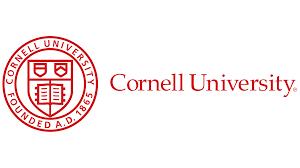
DSL
On-Campus Partners:









Off-Campus Partners: DSL IS COLLABORATIVE



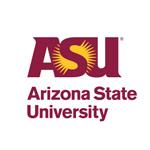
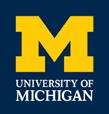
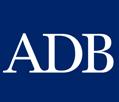

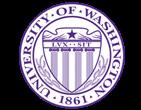
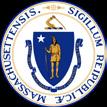
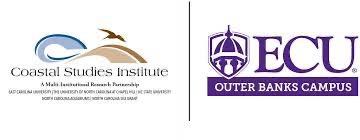




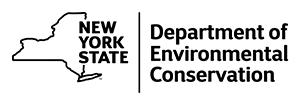



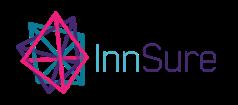
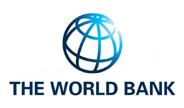










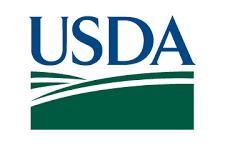
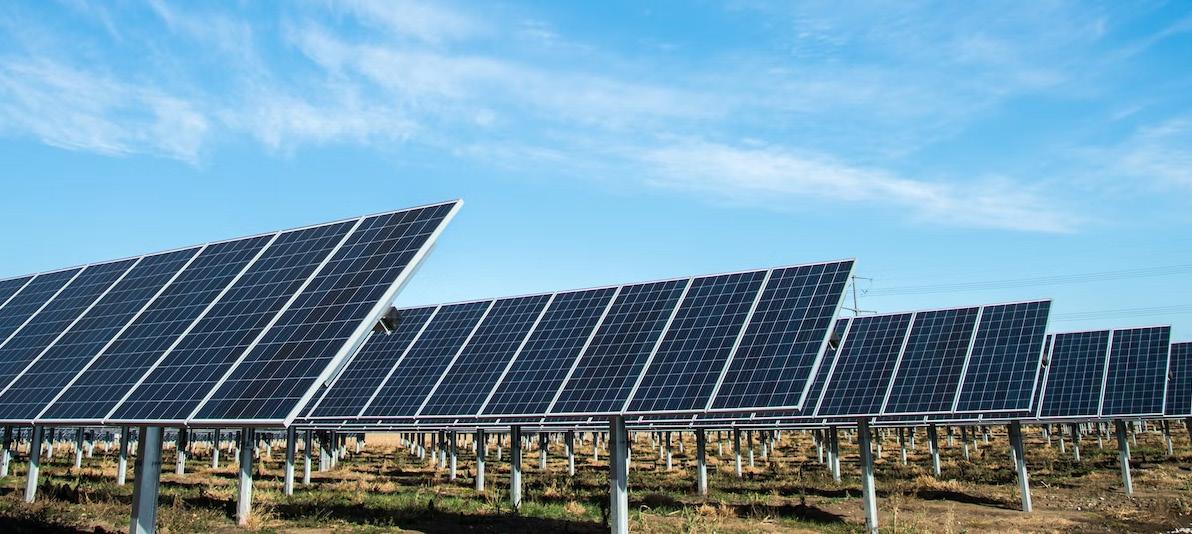
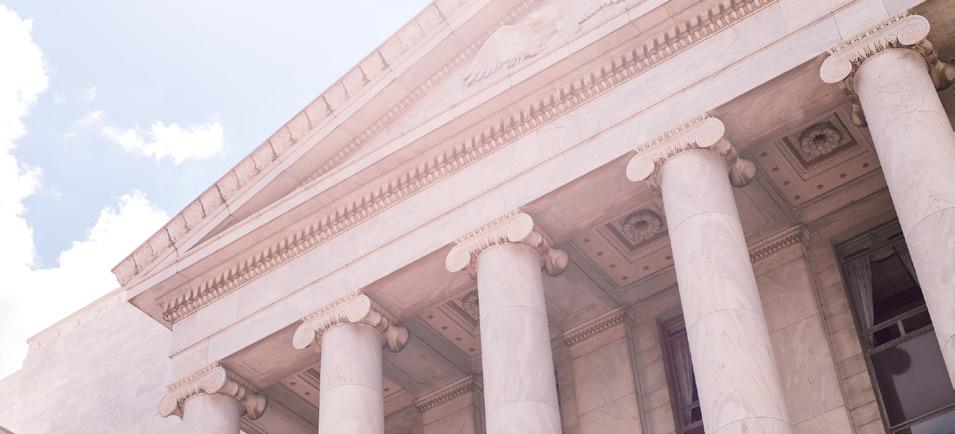
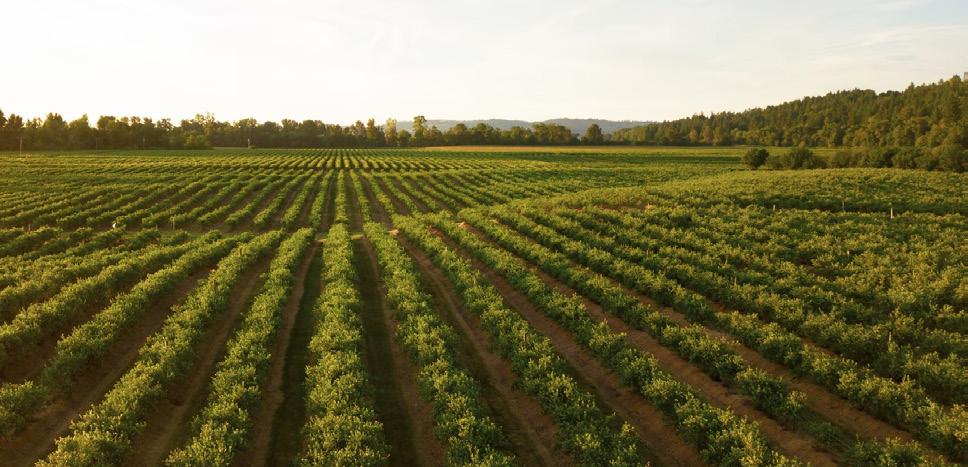
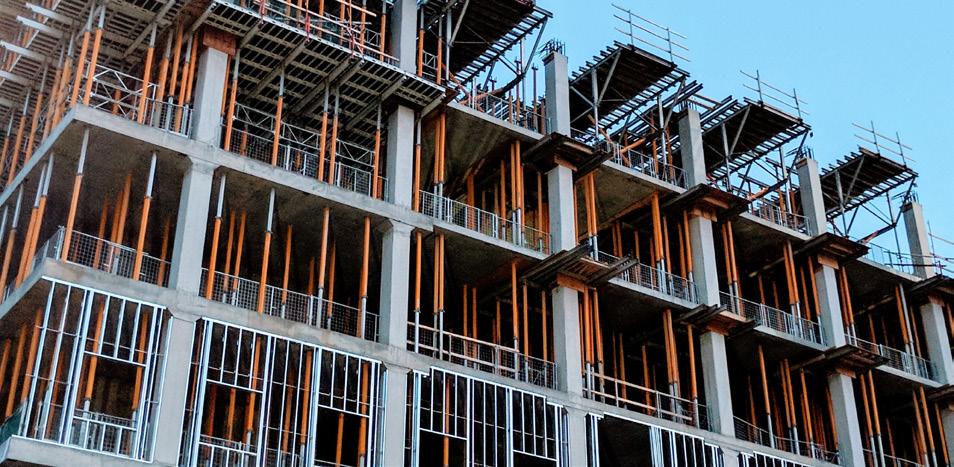

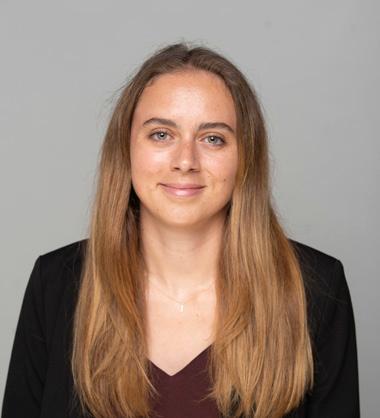
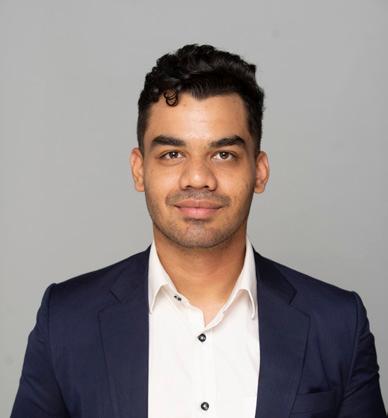
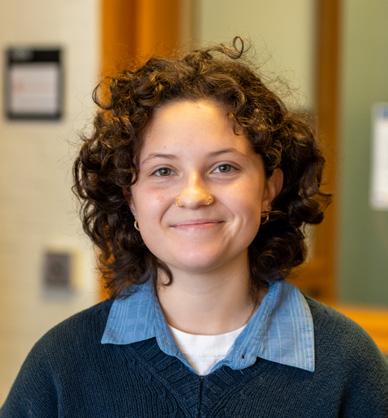
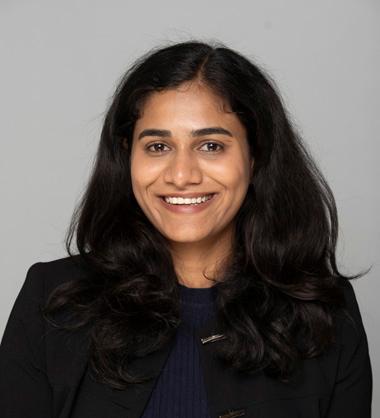
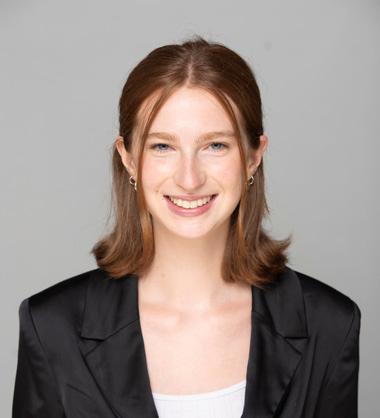

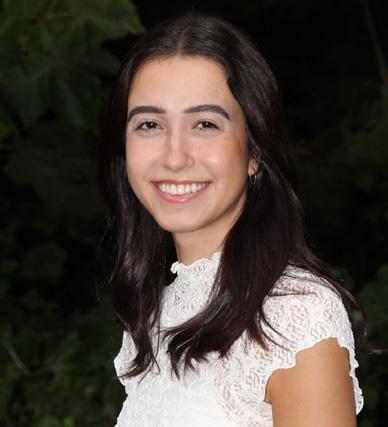
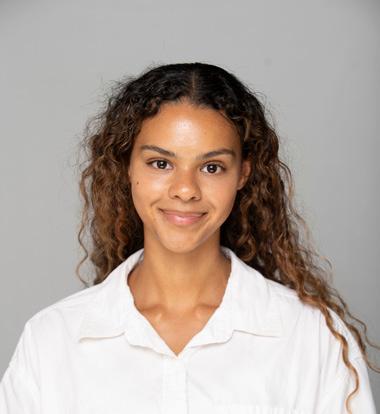
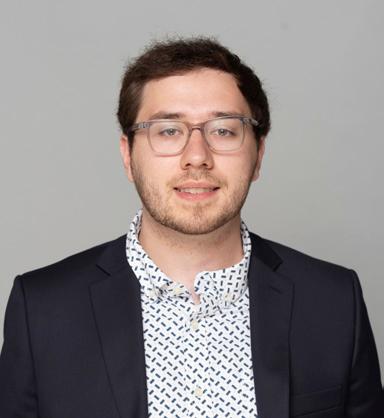
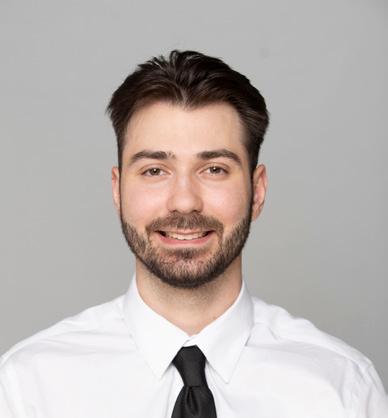
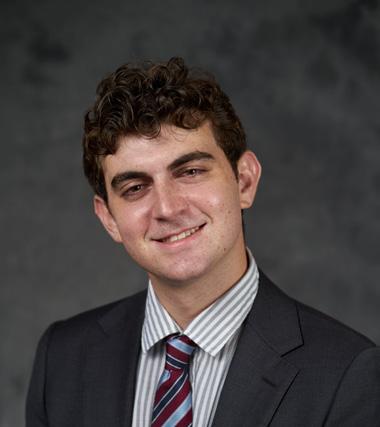
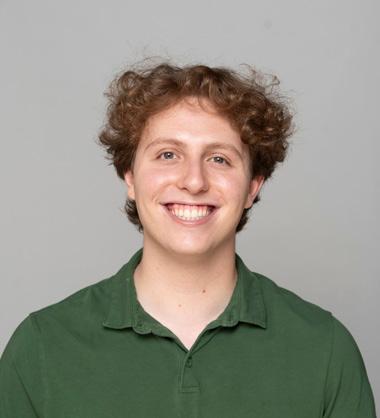
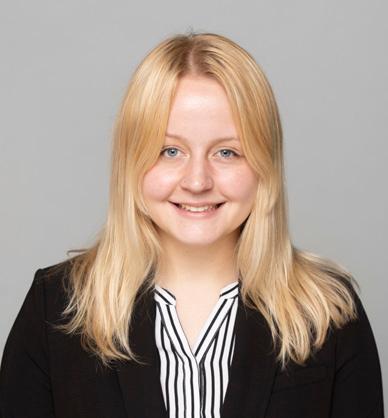
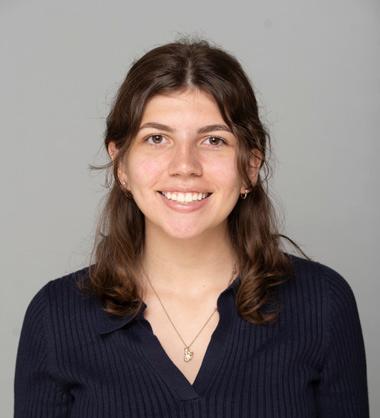
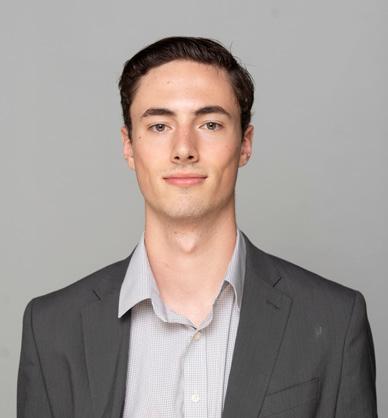
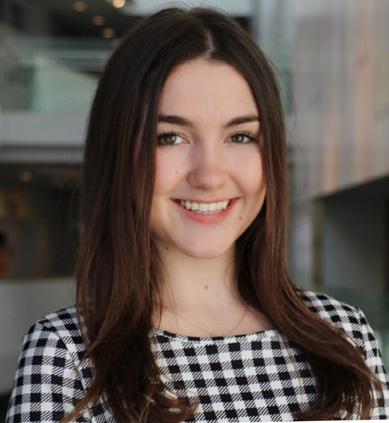
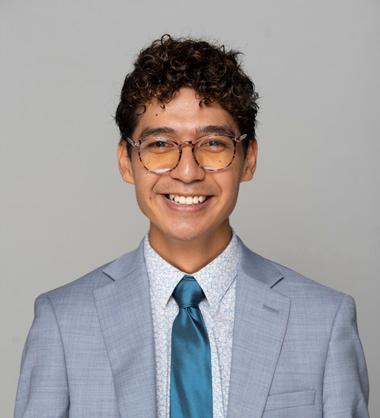


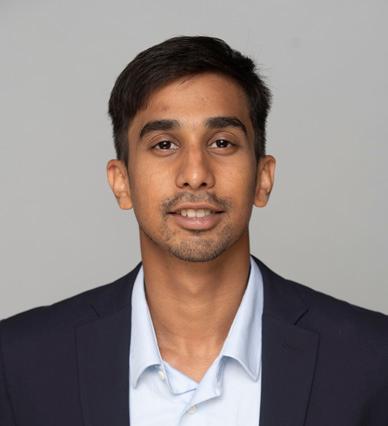
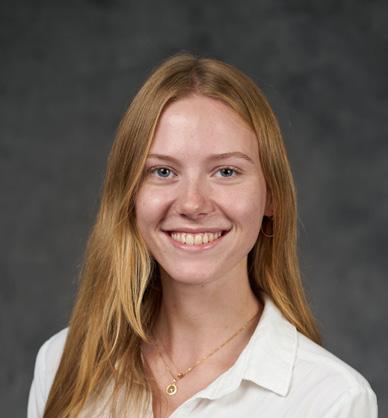
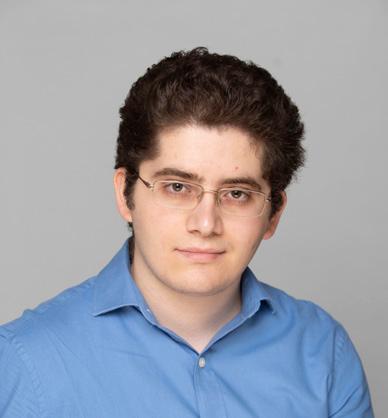
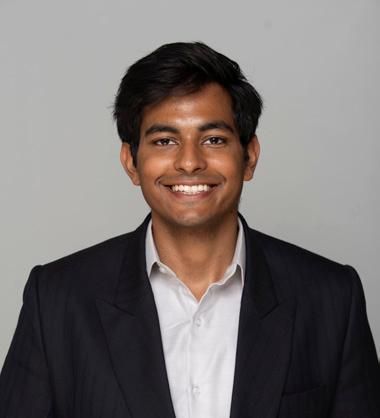

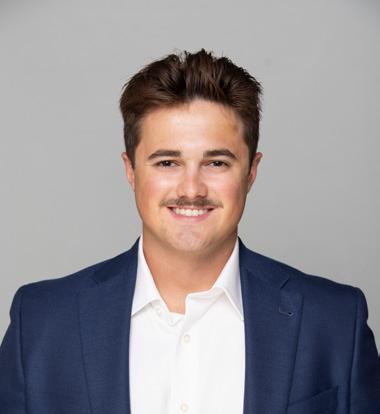
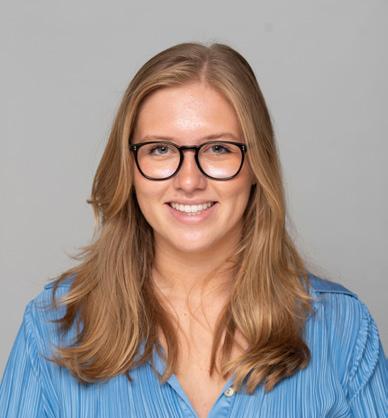
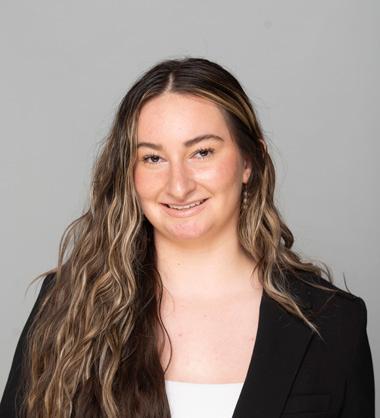
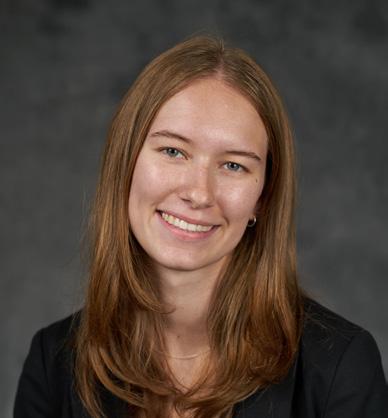
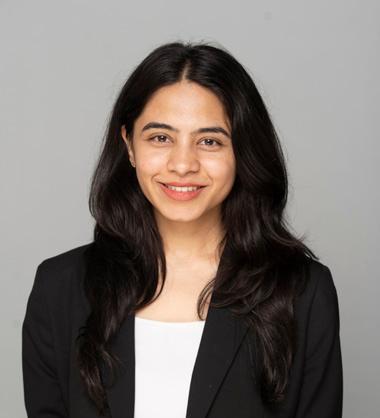
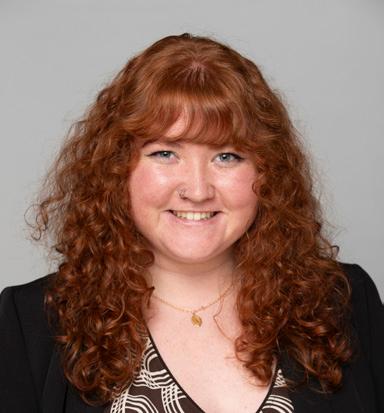
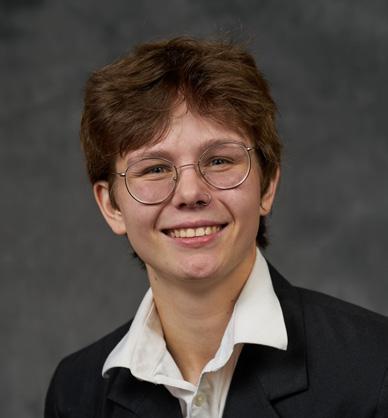
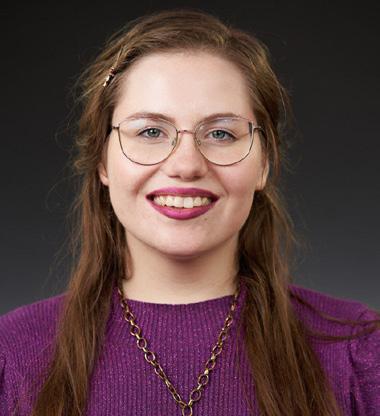
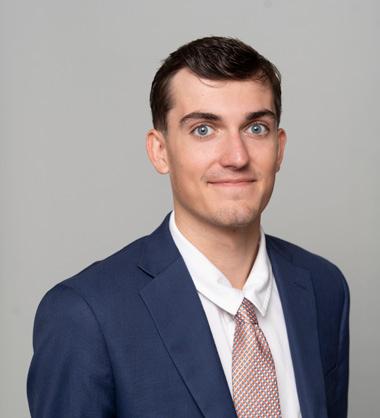
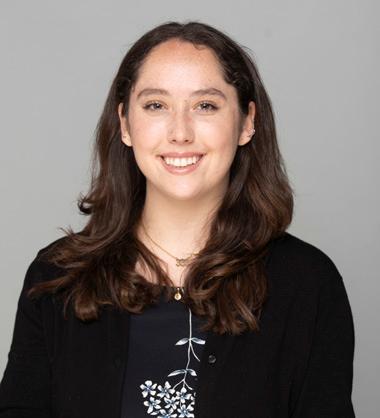
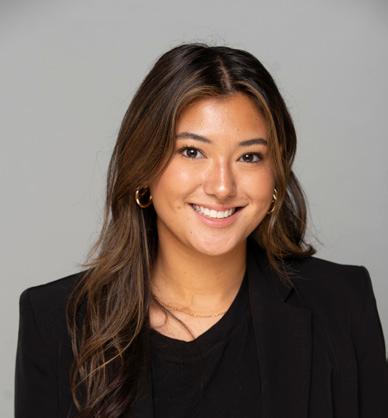
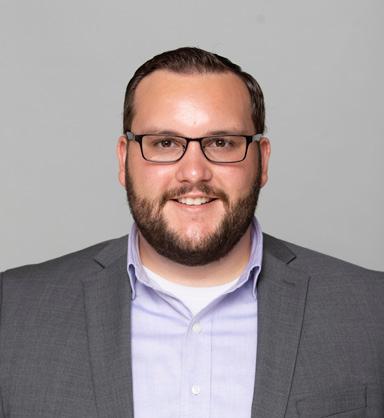

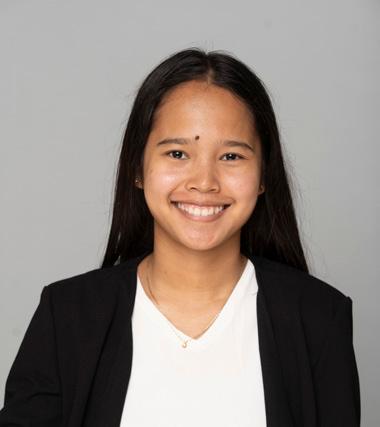

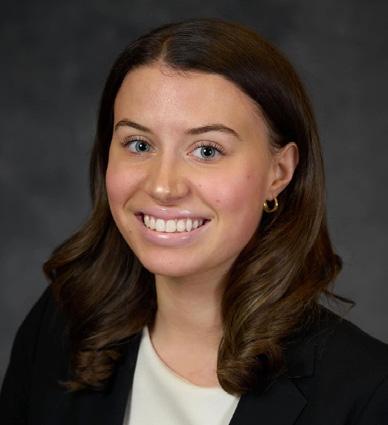


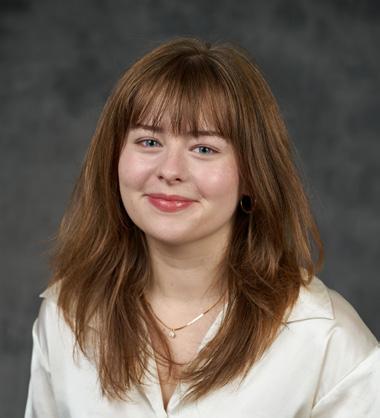
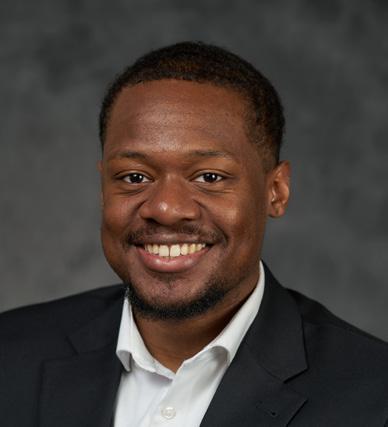
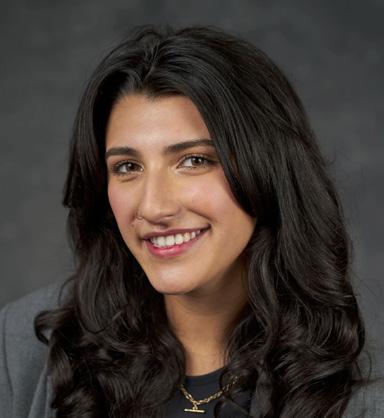
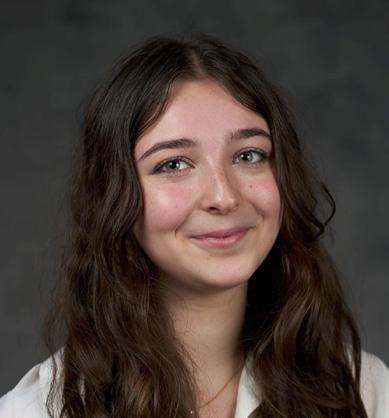
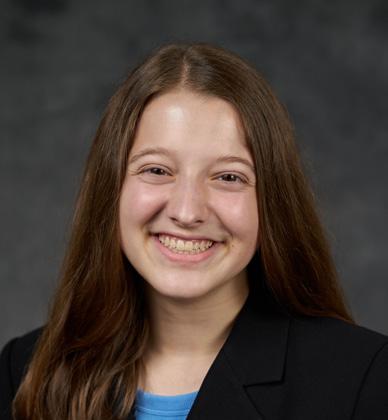

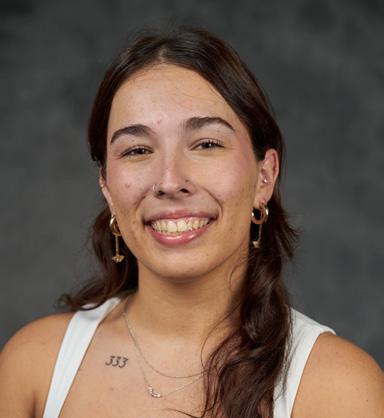
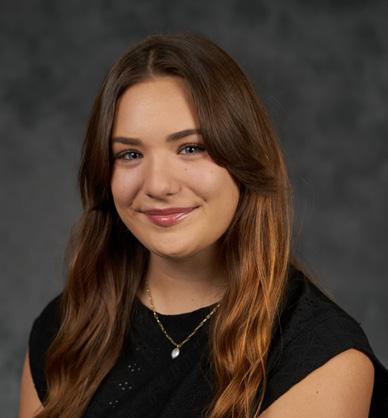
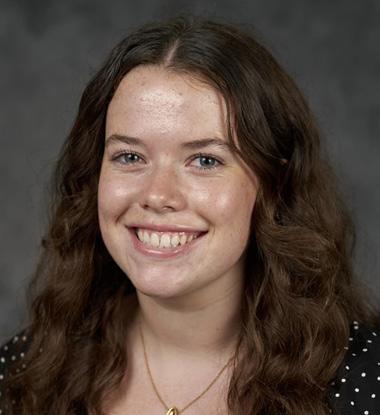
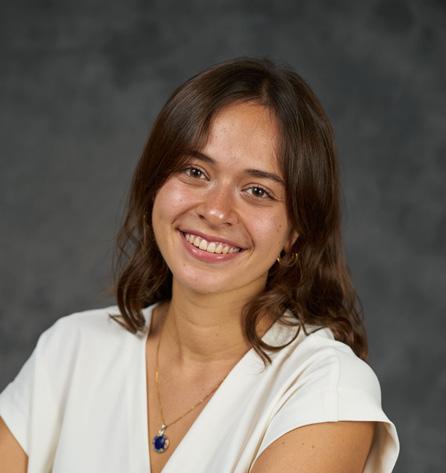
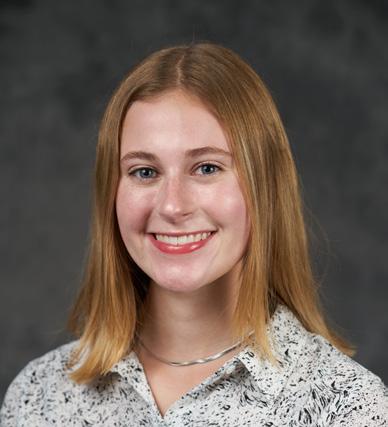
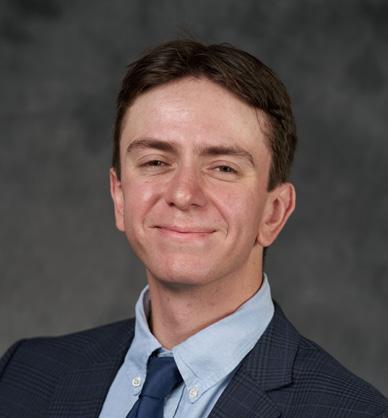
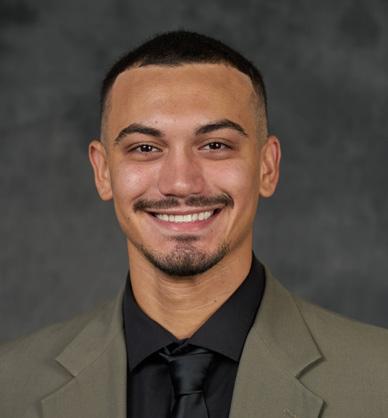
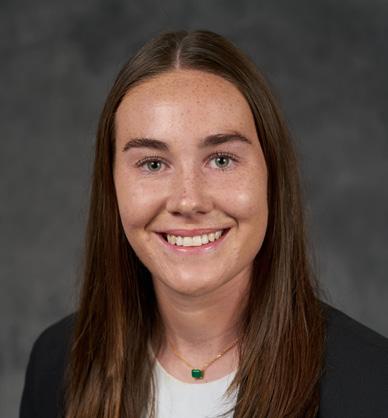
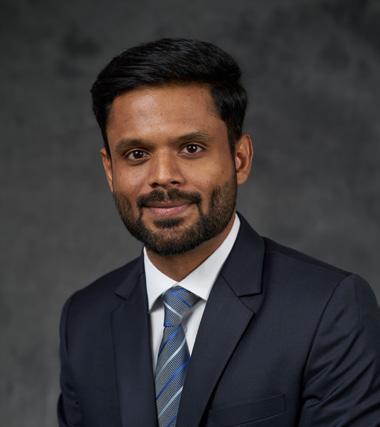
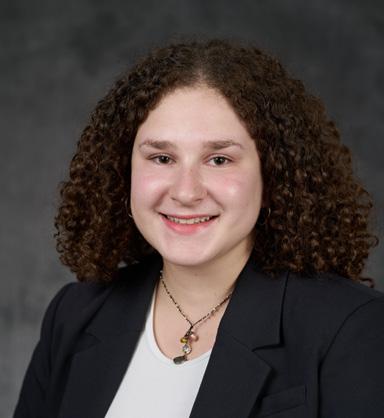
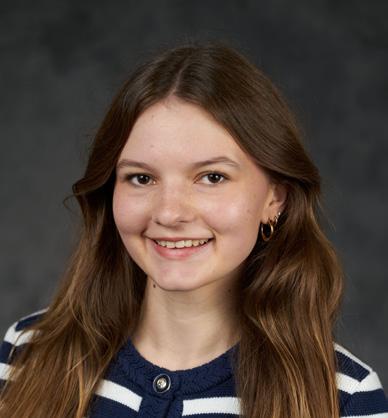
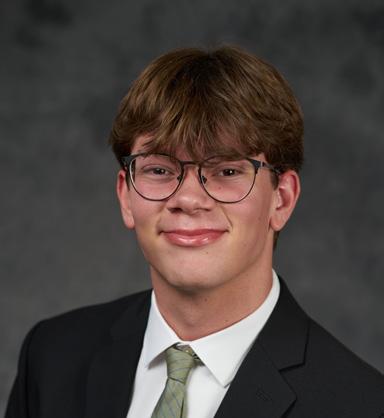
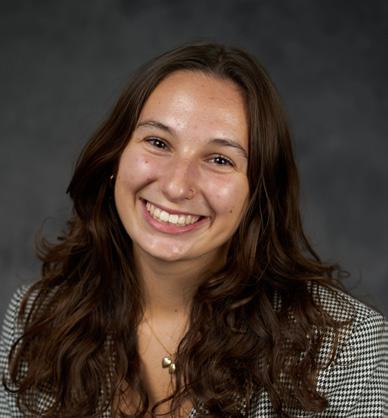
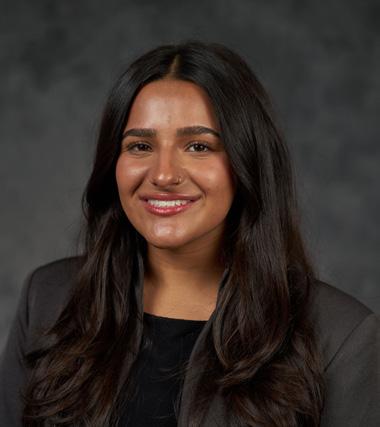
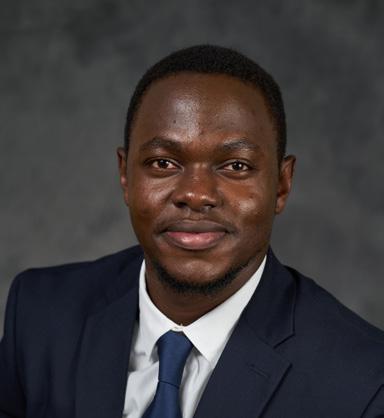
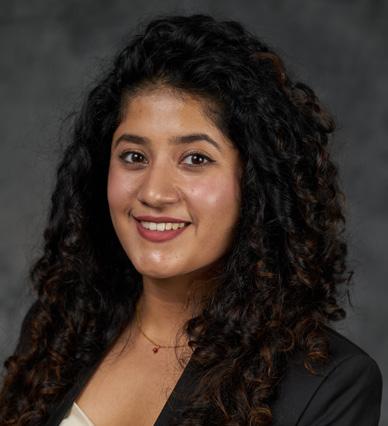
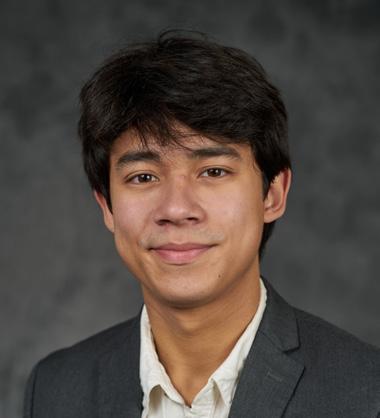
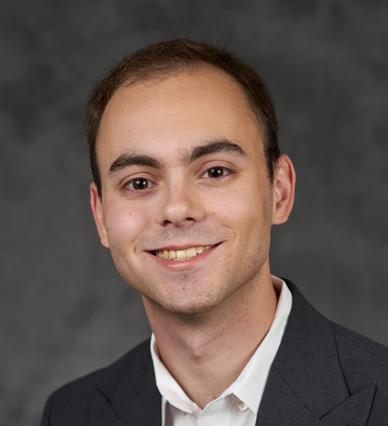
Syracuse University’s Maxwell School launches its first-ever master’s program in Sustainable Organizations and Policy, preparing students for impactful sustainability careers
This year, the inaugural cohort of the M.S. in Sustainable Organizations and Policy program kicked off their debut semester. The year-long program consists of courses in both the Maxwell School of Citizenship and Public Affairs and the Whitman School of Management to offer a diversified understanding of sustainability from business and public policy perspectives. The tight-knit group of six graduate students works closely with the program director, Dr. Jay Golden, to prepare for careers in sustainable business, policy, governance, and entrepreneurship.
“The new Master of Science in Sustainable Organizations and Policy is a very unique program that builds on the reputation and unique strengths of Syracuse University,” Golden said. “It will also provide great opportunities for our graduates.”
Harrison Vogt, a recent SU graduate with dual degrees in Environment, Sustainability, and Policy and Communication Studies, felt that continuing his education with the Dynamic Sustainability Lab was an obvious choice. After the MSOP program, Vogt plans to attend law school to become an environmental lawyer.
“I went to undergrad here,” Vogt said. “So it was kind of a no-brainer when I heard Dr. Golden was launching a new program. I was in the lab before and to have that experience again was really what drew me.”
Jennifer Sadler decided to join the program after getting her bachelor’s degree in Political Science and Environmental and Sustainability Studies at the University of Kentucky because she fell in love with the campus and the curriculum. Vogt and Sadler are partners on the USDA team, which researches carbon intensity labeling within the agricultural sector for companies like Target. Sadler hopes to enter the corporate sector after her time at SU.
“Through our classes with Dr. Golden and our work in the lab, I do feel like I’ve been exposed to a lot of different people doing a lot of different things, specifically in corporate sustainability or governmental spaces,” Sadler said. “So, I’m really hoping that after this program, I can get a job in the corporate world. But I don’t really have doubts that I’ll be able to find something after completing this program.”
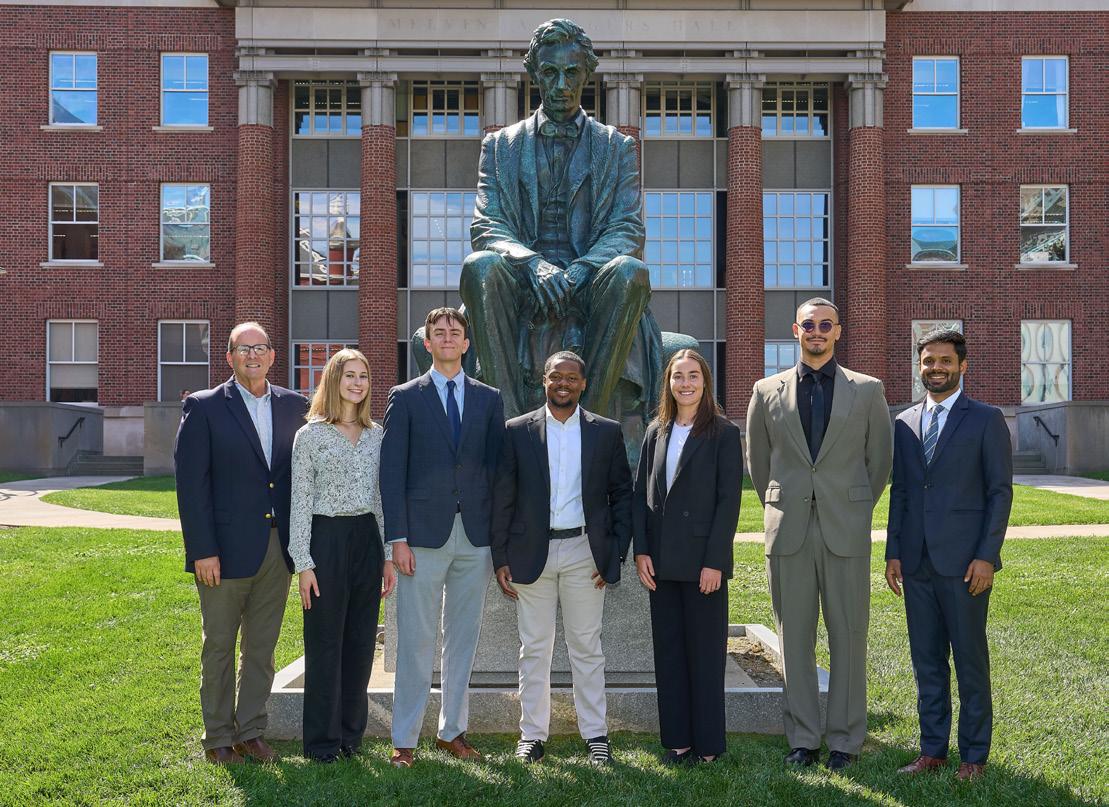
Rahul Raja chose the MSOP program to expand his experience in environmental policy and governance to sustainability in the corporate sphere. Raja completed his first master’s degree in India and worked in academia as a researcher focused on water governance and agriculture. Raja appreciates the program’s joint emphasis on business and policy and believes it will equip him for his desired field of sustainability management.
“I can choose courses from both Whitman and Maxwell, which is really great,” Raja said. “Say, for example, if I wanted to improve my skills in data analysis and its application to environment and sustainability, I have the option of choosing a data analysis course. So, you can choose based on what exactly you want within the larger sustainability space.”
The pioneering cohort of the MSOP program is building a strong foundation for careers in environmental law, corporate sustainability, and sustainability management. Under Dr. Jay Golden’s leadership, the cohort gains a distinctive edge as they prepare to enter the fields of sustainable business and policy. Vogt appreciates Dr. Golden’s high expectations and believes his guidance is invaluable.
“Jay is great because he challenges me to do better. He is always looking for something that I can improve upon, and I really like that because it forces me to go and push myself to do better,” Vogt said. “Having him as a professor and as a director of our program is kind of invaluable because the feedback you get from him really helps you a lot.”

January 12, 2024, the U.S. National Oceanic and Atmospheric Administration (NOAA) reports, “It’s official, 2023 was the planet’s warmest year on record. Along with the historic heat, Antarctic sea ice coverage dropped to a record low in 2023.”
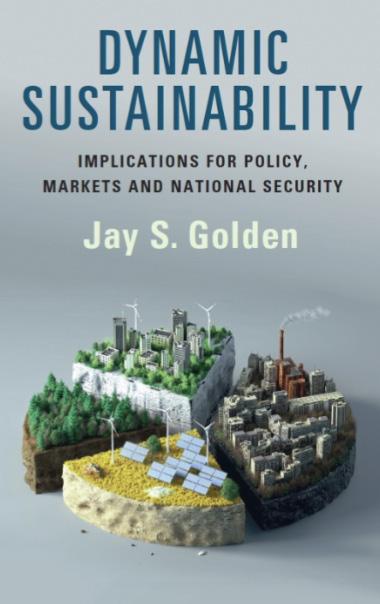

On January 17, 2024, The European Parliament passed a new “Greenwashing Directive” with the aim to make product labeling clearer and more trustworthy by banning the use of general environmental claims like “environmentally friendly”, “natural”, “biodegradable”, “climate neutral” or “eco” without proof. The use of sustainability labels will also now be regulated, given the confusion caused by their proliferation and failure to use comparative data. In the future, only sustainability labels based on official certification schemes or established by public authorities will be allowed in the EU. Additionally, the directive will ban claims that a product has a neutral, reduced or positive impact on the environment because of emissions offsetting schemes.

Dr. Golden completed his two-terms serving on the Board of Scientific Counselors to the U.S. Environmental Protection Agency, including serving on the Executive Committee for his second term. It is a great honor to be nominated by your peers and to serve with leading experts from across the country to improve the quality of lives of Americans and the environment.

A University-wide steering committee chaired by Dr. Golden presented to University leadership from both Syracuse University and SUNY ESF in January 2024. The committee, which included leading climate-energy and sustainability research faculty from both Syracuse University and SUNY ESF, as well as staff and students, worked for a year in evaluating and documenting the strengths of both institutions and the opportunities to make significant positive impacts to our region, nation and across the globe.
In January, Dr. Golden gave the Keynote Talk on “Dynamic Sustainability” to the top 12 research universities in Ireland and Northern Ireland. The event was hosted by University College Dublin and BiOrbic which is Ireland’s a national center focused on the development of a sustainable, circular bioeconomy. The Dynamic Sustainability Lab is working with University College Dublin and BiOrbic in developing a transatlantic partnership focused on the synergies of our work on bioabased and nature based solutions.
Graduate students at the University of Cambridge Engineering for Sustainability Development degree program proudly display on social media their copies of Dr. Golden’s Dynamic Sustainability book.


Dr. Janire Pascual-Gonzalez has always pursued research with a clear mission: to create solutions that benefit society and the environment. Growing up in Spain near the largest petrochemical complex in Southern Europe, she was aware of the environmental and societal impacts of industrial activities, which fueled her passion to find a balance between sustainability and economic growth.
“I just thought, there has to be a way to be able to produce the things that we are producing, or a new equivalent, without them damaging the environment,” PascualGonzalez explained. “To be able to keep doing what we are doing, but be more respectful with the environment, be more aware of our impact and the consequences that may have.”
Pascual-Gonzalez’s career began with a focus on chemical engineering, but she shifted to environmental engineering to tackle broader challenges, particularly the environmental crisis. Her work brought her to Eastern North Carolina, where she focused on the biobased economy and the opportunities to use agricultural and marine feedstocks to improve the economic conditions of the region and support low-carbon transitions. This work ultimately introduced her to the Dynamic Sustainability Lab at Syracuse University, where she now serves as a faculty research assistant professor at the Maxwell School of Citizenship and Public Affairs.
“At first, it can seem kind of weird because I’m a chemical engineer joining a public policy department,” PascualGonzalez said. “But the problems I usually work on can’t be solved from an engineering perspective only, they have to be collectively addressed. Being able to work with colleagues with different backgrounds allows me to bring this interdisciplinary approach to solve the problems, and I think that’s the key.”
One of Pascual-Gonzalez’s major projects at the lab is the Climate-Smart Commodities National Resource Database and Web Portal, an initiative designed to create market pull for climate-smart commodities by providing users with comprehensive, interactive resources.
“For our database, our goal is to be the connection point within the different areas,” she explained. “We want
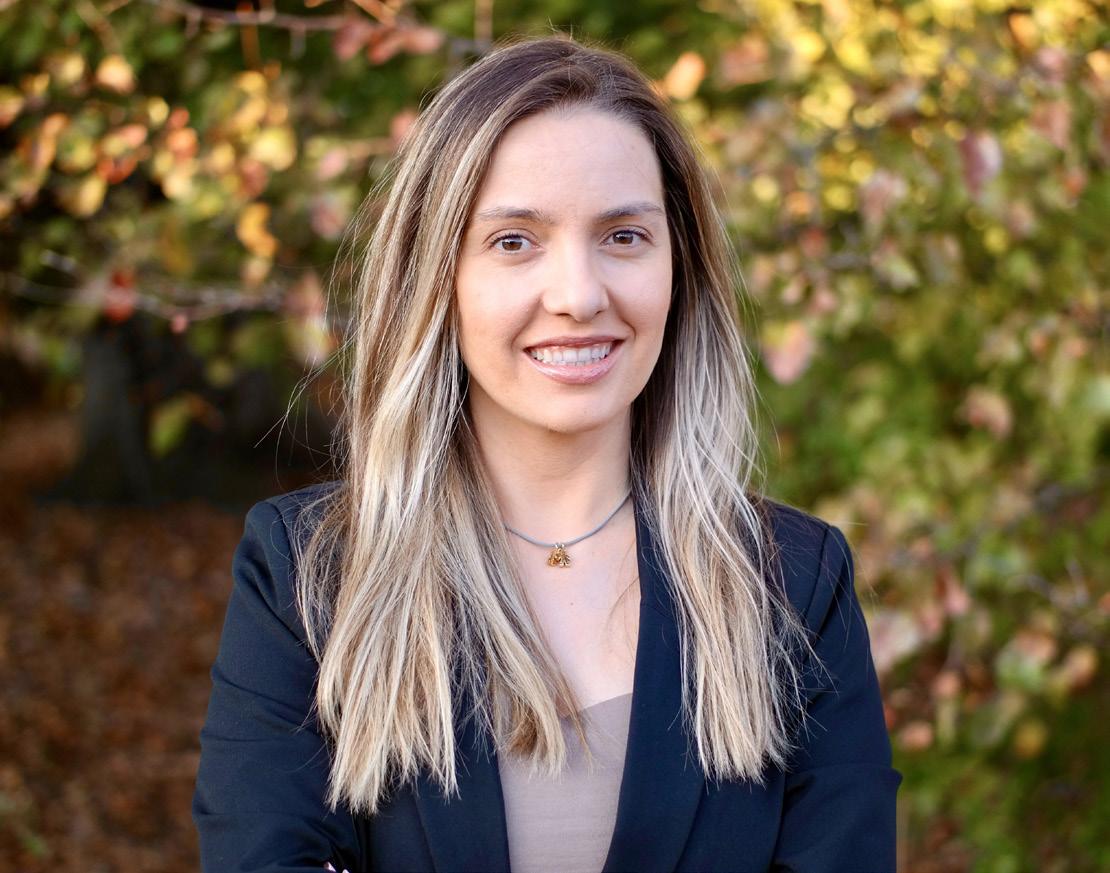
it to be the go-to place for relevant information on policies, financial incentives, insurance, carbon intensity labels and more for growers and buyers of climatesmart commodities. If a consumer wants to have more information on climate-smart commodities, that’s the place they will find climate-smart practices, policies, and companies working with those.”
Pascual-Gonzalez is also passionate about mentoring students and growing their skills. “At the Dynamic Sustainability Lab, we are student-driven,” she said. “Being able to help the students to develop skills that are going to be useful, not just for their current projects within the lab, but also in their future careers that they are just starting. Seeing what they’re able to achieve, all the great jobs they get, and how they have this sustainability vision in their future... I think that’s great.”
She dedicates significant time to helping students master data management and visualization skills, which she sees as crucial for professional success. “You can be the smartest person in the room, but if you are not able to explain your research that means nothing,” PascualGonzalez emphasized. “Of course, they’re working in the lab for us, and helping us with the projects. But we are also working for them, helping them learn those new skills.”
Looking ahead, Pascual-Gonzalez remains focused on advancing net-zero transitions and fostering collaboration between diverse stakeholders. “We try to bring everyone to the table,” she said. “We can sit together and think of ways to achieve those goals, discuss the biggest risks and barriers, and what we need to do to get past them. Our position in the lab takes into account all of that, and I think that’s unique. That’s what makes the difference for us.”
Dr. Golden hosted leading Sustainability Researchers and Academics in New York City. Representatives from Stanford, University of Michigan, University of Washington, the Ohio State University, University of Virginia, Arizona State University, Duke University, University of Minnesota, Princeton University came together to advance the newly created National Sustainability Society. The meetings were a great success and further advanced partnerships between the Dynamic Sustainability Lab and our peers across the country.
Dr. Golden was invited to present the work of the Dynamic Sustainability Lab at the Climate Security Roundtable, hosted by the National Academies of Sciences, Engineering and Medicine. The multi-day event was held in Washington, D.C. and provided a great opportunity to highlight the leading work of our researchers at the DSL.
February 28, 2024, LanzaJet, a sustainable aviation fuel (SAF) manufacturer, and Southwest Airlines announce they will work together toward the development of a SAF production facility and collaborate to advance the operations of a corn stover to ethanol technology company in which Southwest is invested called SAFFiRE Renewables, LLC. Similar to all US airlines, Southwest Airlines has committed to a Net-Zero Carbon Transition by 2050. Their sustainability goal is to replace 10% of our jet fuel consumption with SAF by 2030.
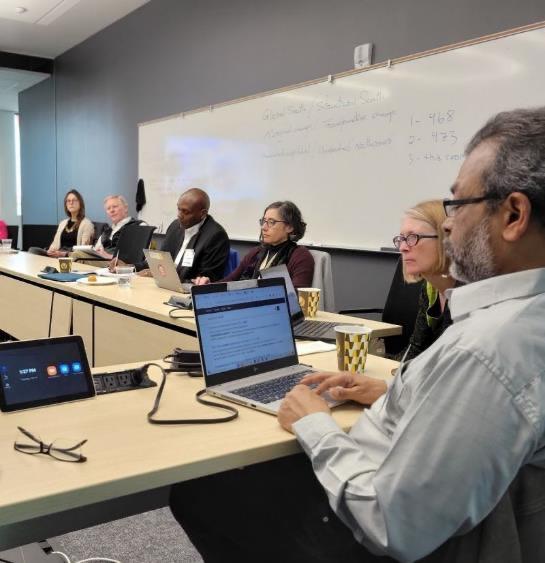
On March 6, 2024, in a 3 to 2 vote of the Commissioners, the US Securities and Exchange Commission (the “SEC”) adopted rules that will require public companies to disclose extensive climate change-related information in their SEC filings.


The Dynamic Sustainability Lab hosted the Boston Sustainability Symposium in March 2023 at the Cambridge Innovation Center. Researchers, academics, and industry professionals spoke on critical topics regarding current and emerging needs for a net-zero carbon transition and the data surrounding state electricity transitions and their corporate climate implications.
The March 11 event gave student researchers an opportunity to speak on panels and a platform to present their current work. Framke Vitale, one of the researchers from the lab, presented during the morning session, “Current & Emerging Data Needs For The Net-Zero Carbon Transition”. In her work with the lab, Vitale focuses on ClimateSmart Commodities and presented an overview of her team’s “Existing & Emerging Data Needs for Climate-SMART Commodities” technical bulletin.
The USDA Climate-Smart Commodities team, which Vitale works on, highlighted the overall need for a transition, the current gaps and barriers, and current solutions.
“We focused on the need for monitoring, measuring and verifying as well as the overall net-zero commitments by state, national and then international commitments,” Vitale said.
Vitale’s research partner, Sophie Creager-Roberts, sat on the Data Needs for Climate-Smart Commodities and Carbon Credits panel alongside industry leaders from KPMG, Truterra, and InnSure. The panel was moderated by Christopher Lowell, the managing director at InnSure. Creager-Roberts focused on presenting the existing and emerging techniques currently existing and being developed.
Additional morning session presentations included the “State Electricity Transitions Data & Corporate Climate Implications” by lab researchers Aaron Otis, Ryan Hodges, Anna Lundintseva and Haris A.Y. Khan. DSL’s Blockchain Team presented on the “Climate & Energy Tracking and Data Verification: Blockchain Driven Business Models” in regard to securely tracking carbon and other greenhouse gas data and digital assets throughout the value chain from farm to final product.
The Symposium’s afternoon session focused on “Energy and Electric Vehicle Transitions” and featured presentations from student researchers Nadia Duplessis, Michael Garzone-White, and Gillian Ederle.
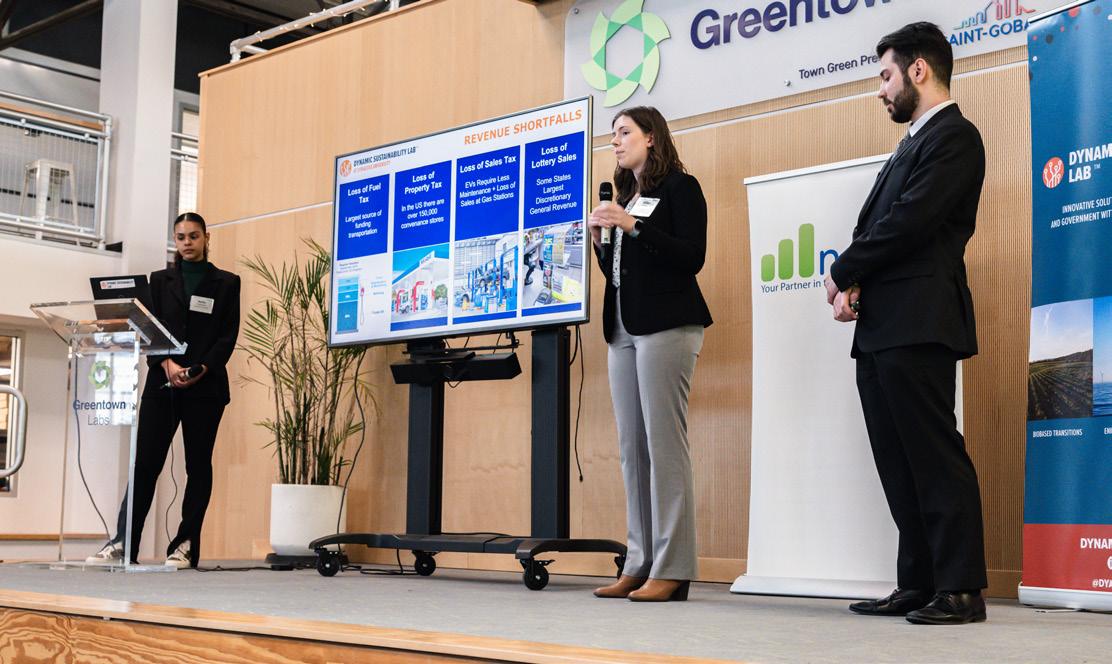
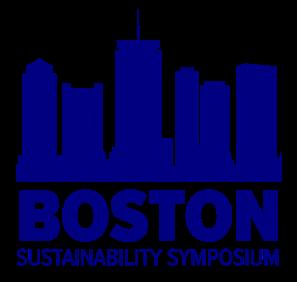
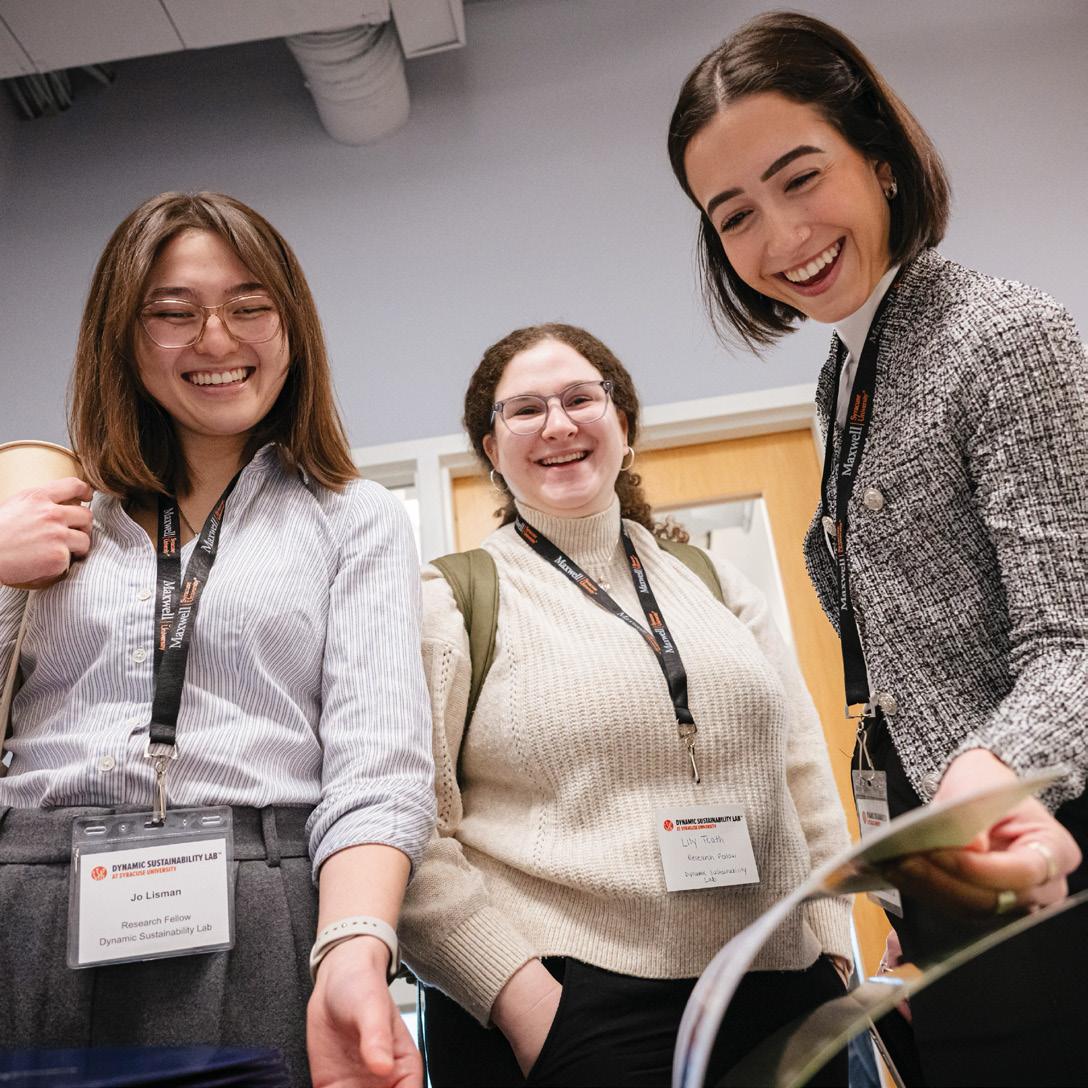
As part of the EV Transition team, Garzone-White has been working on an electric vehicle guidebook for the northeastern part of the United States,aimed towards government officials and industry leaders since early September.
“What we realized early on was that there are so many things we need to cover,” Garzone-White said. “We wanted to inform people about things we didn’t think about at first, like the loss of the fuel tax.”
Apart from detailing implications on the budget, the guidebook also focuses on what needs to be done in terms of infrastructure and federal guidelines. Instead of focusing on major cities, however, the guidebook is geared more towards rural communities.
“The guidebook focuses on providing resources to places like the city of Auburn, New York to help them and gain accessibility to grants and state funding programs to help pay for things like charging stations,” Garzone-White said.
While Garzone-White’s team is still working towards the release of their guidebook, they were able to present their preliminary research and connect with government officials and industry leaders who have impacted their research.
“A document we referenced a lot during the creation of the guidebook was the Massachusetts NEVI [National Electric Vehicle Infrastructure] plan, and meeting the person who worked on it was amazing to see hands-on what his experience was submitting it and what he expects to happen in the coming years, especially with Massachusetts,” Garzone-White said.
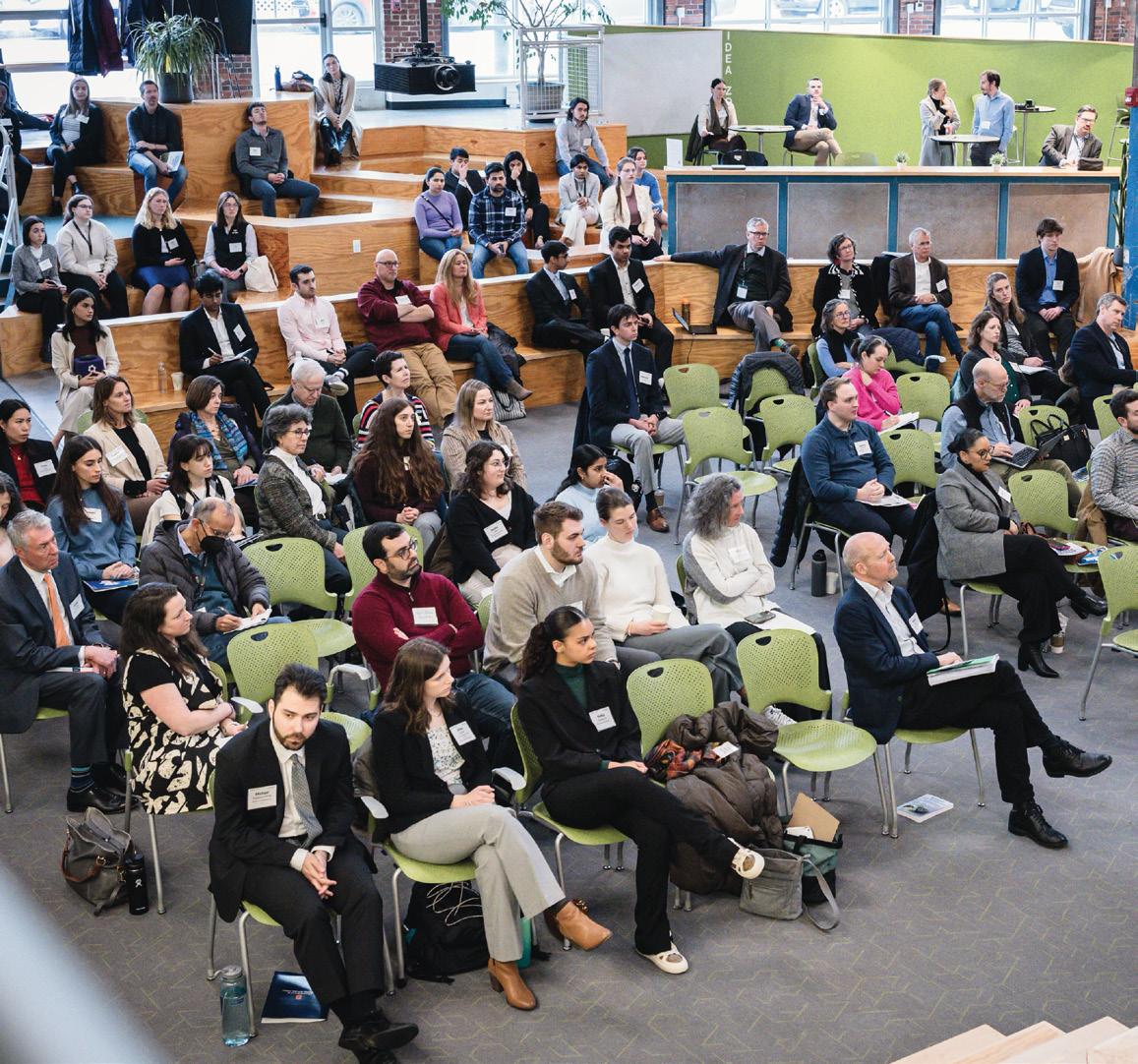
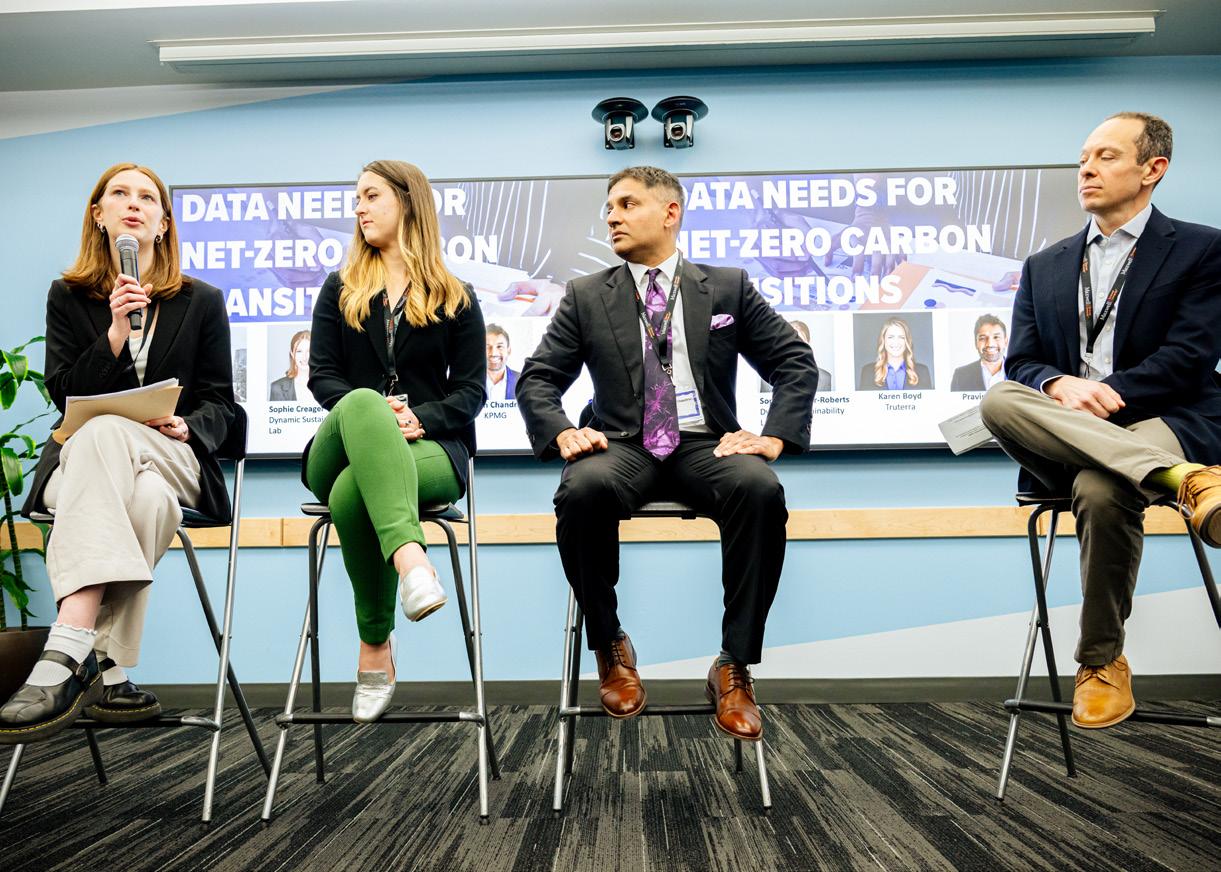
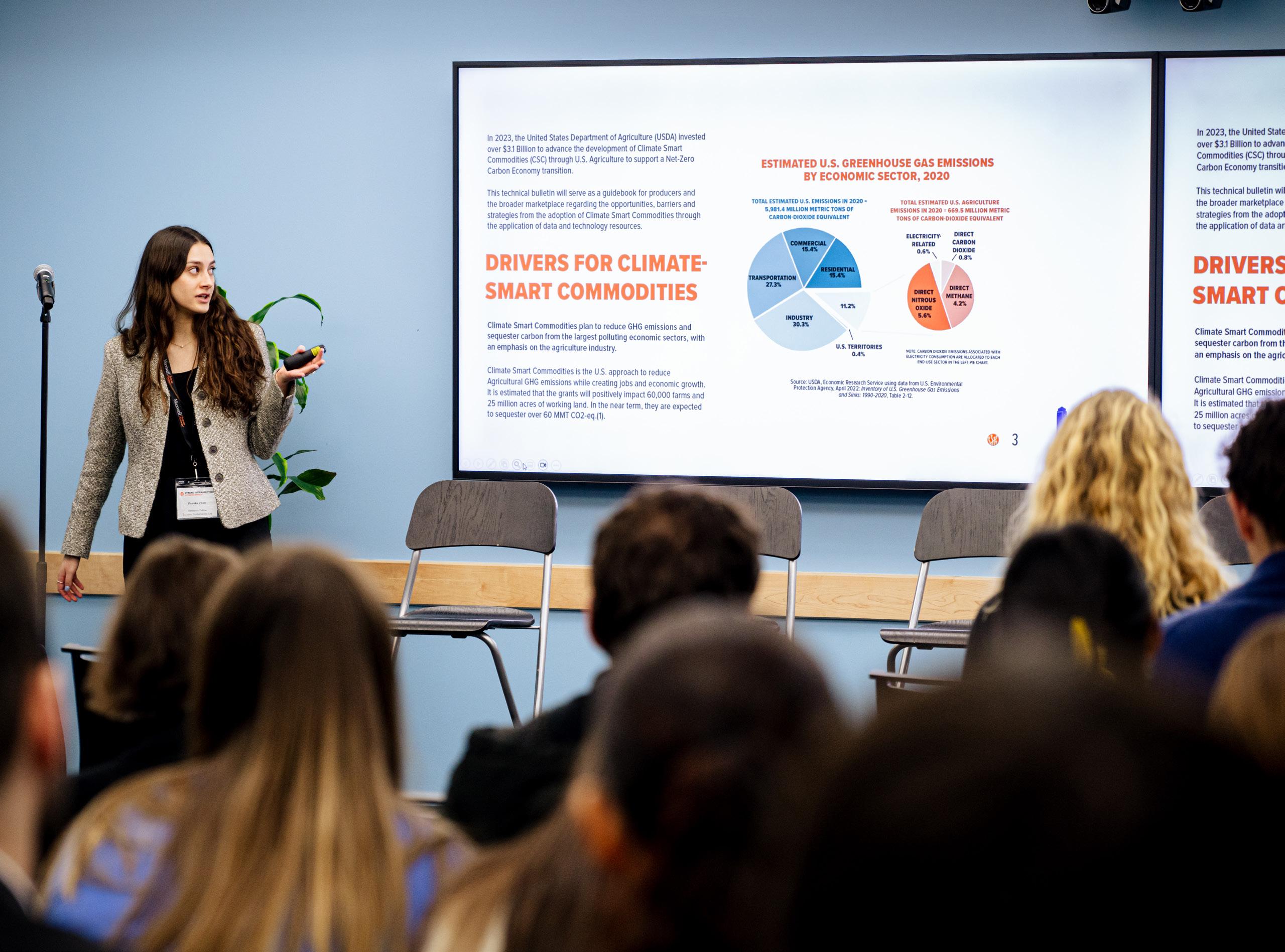

In April, the Dynamic Sustainability Lab was in the world’s energy capital of Houston, Texas. The region is the headquarters and the intellectual capital for virtually every segment of the energy industry including exploration, production, transmission, marketing, supply, and technology.
The DSL was hosted by our partners at the Sustainability and Energy Value Advisors (SEVA) who coordinated meetings with leading energy and value chain companies as well as with leadership from the Electric Reliability Council of Texas, (ERCOT) which operates Texas’s electrical grid, the Texas Interconnection and supplies power to more than 25 million Texas customers and represents 90 percent of the state’s electric load.
Houston was also awarded a $1.2 billion grant to launch The HyVelocity Hydrogen Hub, which is led by seven core industry partners – AES Corporation, Air Liquide, Chevron, ExxonMobil, Mitsubishi Power Americas, Ørsted and Sempra Infrastructure – and includes other academic and supporting organizations, such as the Center for Houston’s Future. The hub will be integral to the development of a clean domestic Hydrogen economy.
The outcomes of the meetings include the Dynamic Sustainability Lab being asked to support the Hydrogen Hub in research on market pull and barriers to hydrogen economy as well as specialized research on biogenic carbon.
Additionally, SEVA and the DSL will be hosting a symposium in 2025 in Washington, D.C. on our joint work on Carbon Capture Sequestration.
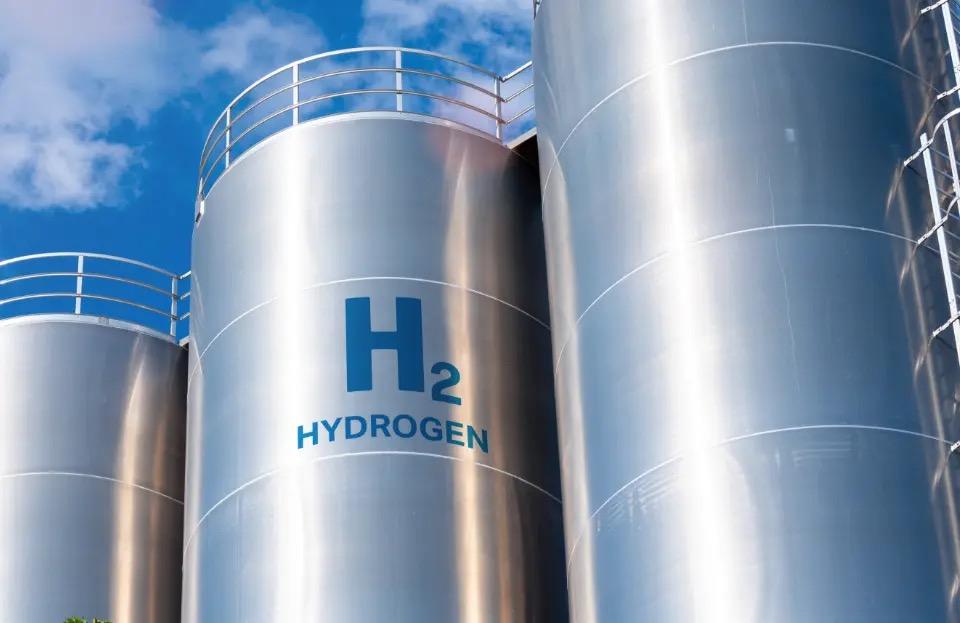
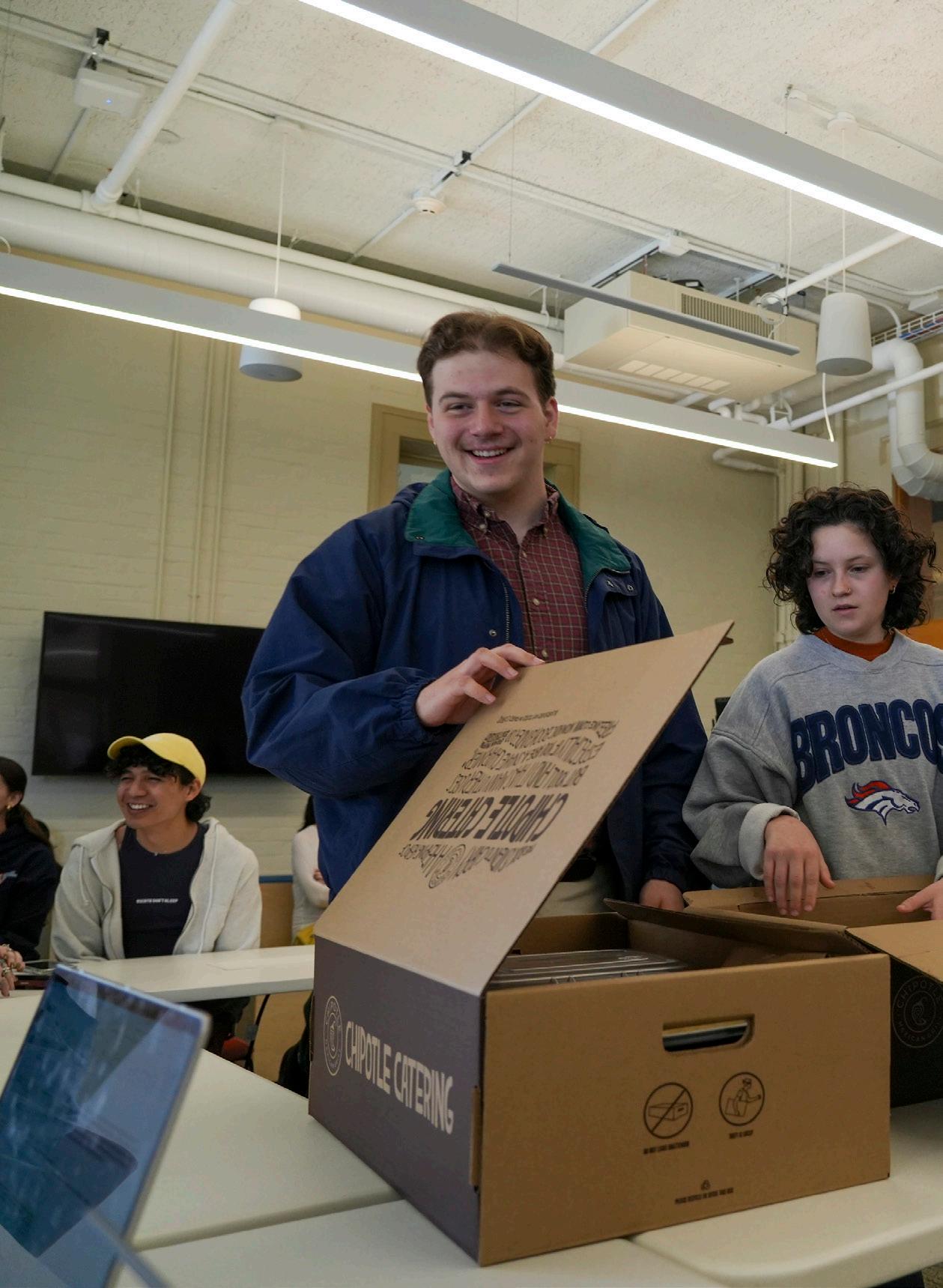

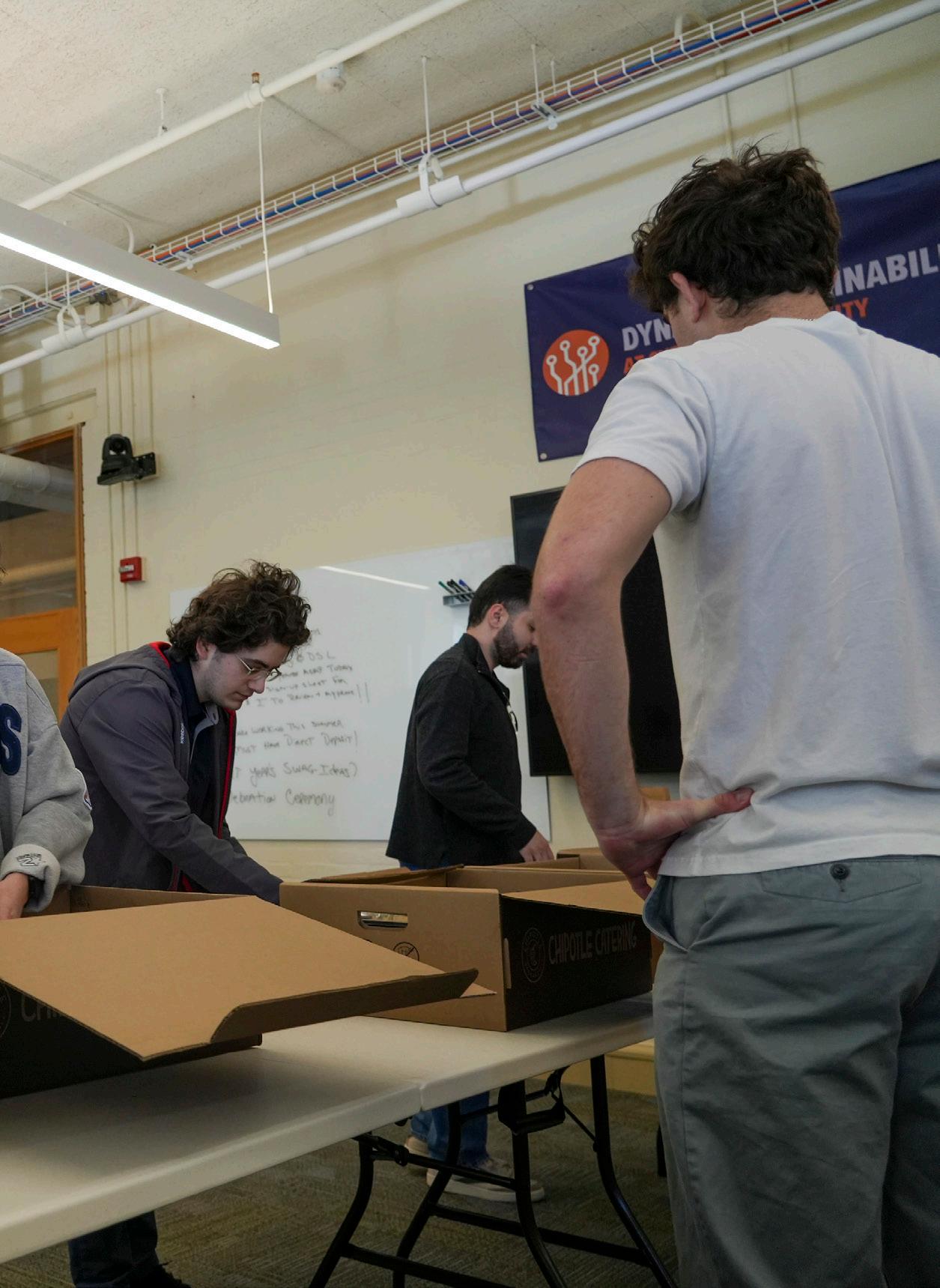
On May 14, 2024, President Biden announced new tariffs on imports of Chinese electric vehicles, semiconductors, batteries, solar cells, steel and aluminum which are used to support the net-zero carbon economy transition. The tariffs on Chinese EVs will rise to 100%, quadrupling the current tariff of 25%. The tariff on solar cell imports from China will double to 50%. Tariff rates on certain steel and aluminum products will more than triple to 25%, up from 7.5% or less. The Biden administration is also increasing tariffs on Chinese batteries, critical minerals and ship-toshore cranes.
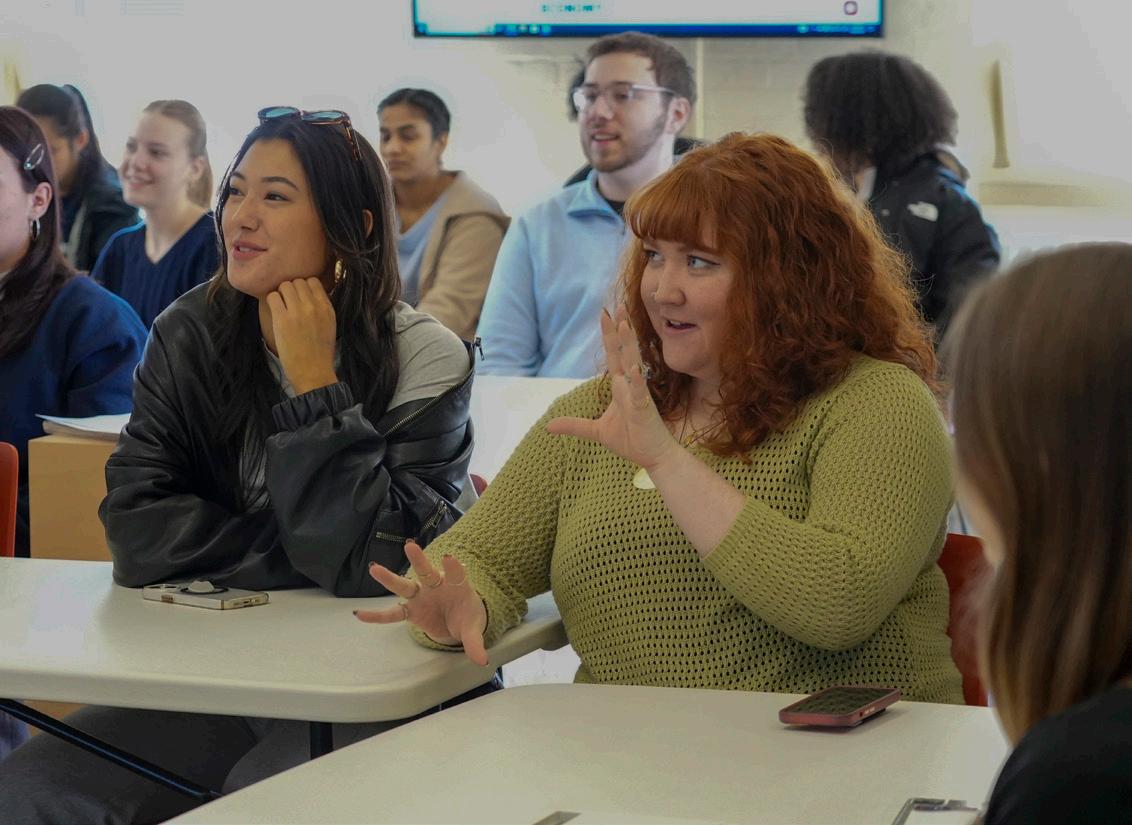
At the final lab meeting of the Spring 2024 semester, researchers along with staff celebrated the end of the academic year. Discussions were held to decide what kind of merchandise the lab would produce to promote itself - hats, t-shirts, totes? At the end of the meeting, Dr. Jay Golden donned his regalia to present graduating seniors with special cords to signify their participation within the lab. Each senior was recognized for their work in the lab, and shared their degree and future aspirations.
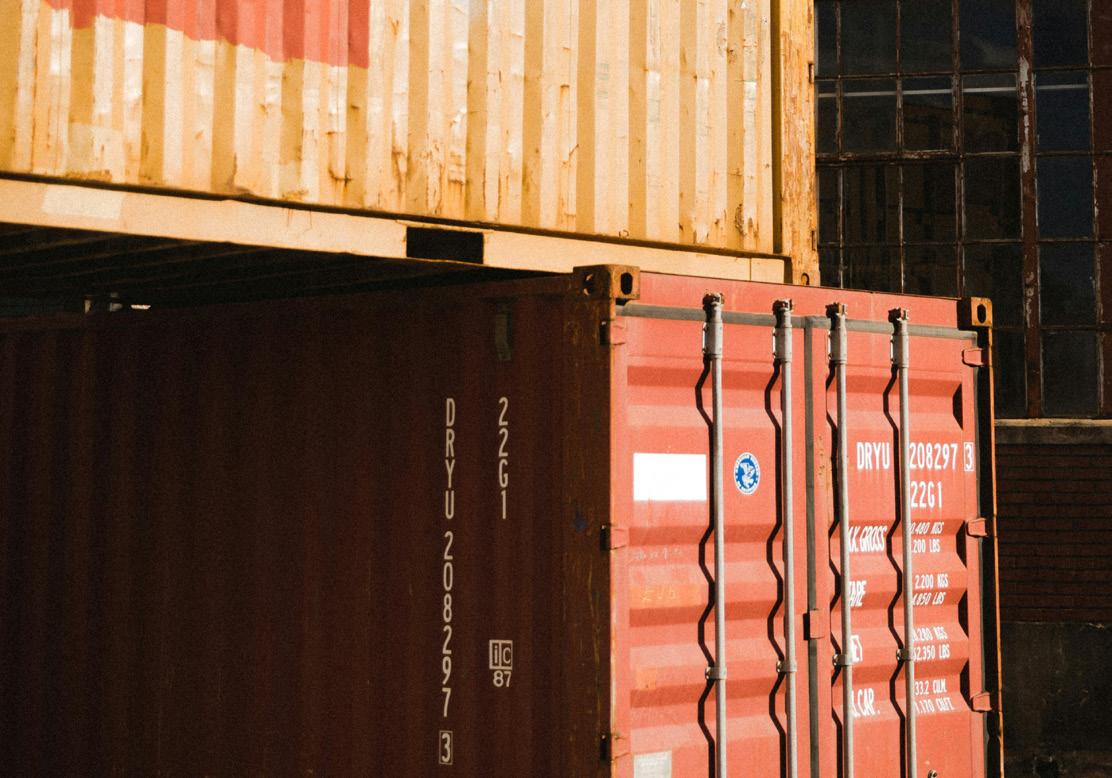

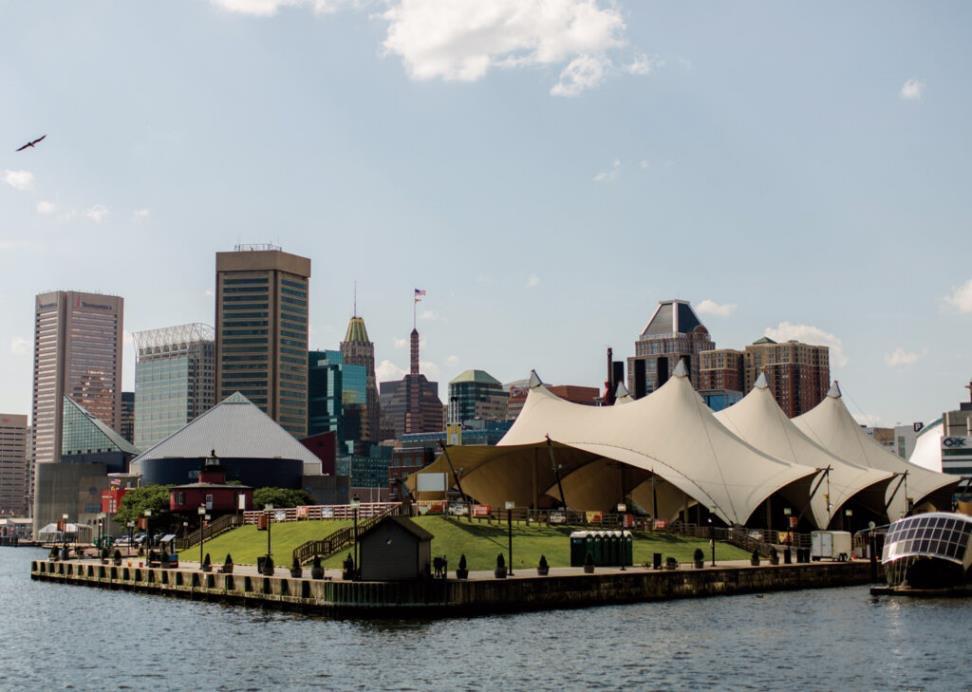
United States: U.S. Congressman Sean Casten (D-IL) and Congresswoman Maria Elvira Salazar (R-FL) introduce a bipartisan bill for the creation of the Sustainable Apparel Labeling Act. This legislation is intended to revolutionize the way consumers learn about the environmental impact of the clothes they purchase. Under the legislation, the Environmental Protection Agency (EPA) will work with apparel manufacturers to develop a voluntary apparel sustainability label to place on products that will contain EPA-verified information relating to the carbon footprint of that product.
European Union: The Ecodesign for Sustainable Products Regulation (ESPR), which entered into force on July 18, 2024, in the European Union is the cornerstone of the European Commission’s approach to more environmentally sustainable and circular products. Products and the way we use them can have a significant impact on the environment. Consumption in the EU can therefore be a major cause of climate change and pollution.
The ESPR is part of a package of measures that are central to achieving the objectives of the 2020 Circular Economy Action Plan. They will contribute to helping the EU reach its environmental and climate goals, doubling its circularity rate of material use and to achieving its energy efficiency targets by 2030.
In June, Dr. Golden gave the Keynote address to the International Symposium on Sustainable Systems and Technology (ISSST). ISSST is one of the longestrunning research conferences on sustainability at the intersection of technology, policy, and behavior.
Held in Baltimore, Maryland, the multi-day conference brought together engineers and scientists focus on systems models and approaches to the most pressing sustainability imperatives facing out planet. Dr. Golden shared the drivers and the systems approach that he and the student researchers in the Dynamic Sustainability Lab utilize.
On July 3, national media covered a media release by the Pew Charitable Trusts on a report they commissioned Dr. Golden to research and prepare regarding how the Electric Vehicle (EV) transition will impact state and local budgets including both revenue losses in fuel taxes, sales tax and property tax as well as increased operating costs to maintain our nations highways, roads and bridges.
The 102 page report entitled: The Emerging Highway and Roads Revenue Gap: The Electric Vehicle Transition and Implications for State Budgets can be accessed on the DSL website.
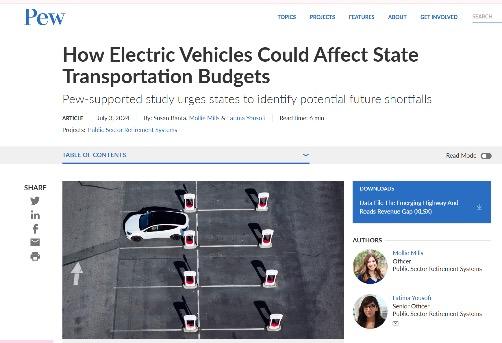
On August 30, we kicked off the semester with fresh faces and big ideas! Our first meeting “retreat” included team lunches and training sessions. Students also got headshots taken for our website, annual report, and social media—as well as their own LinkedIn. Researchers left the meeting excited to work with their new teams and make an impact.
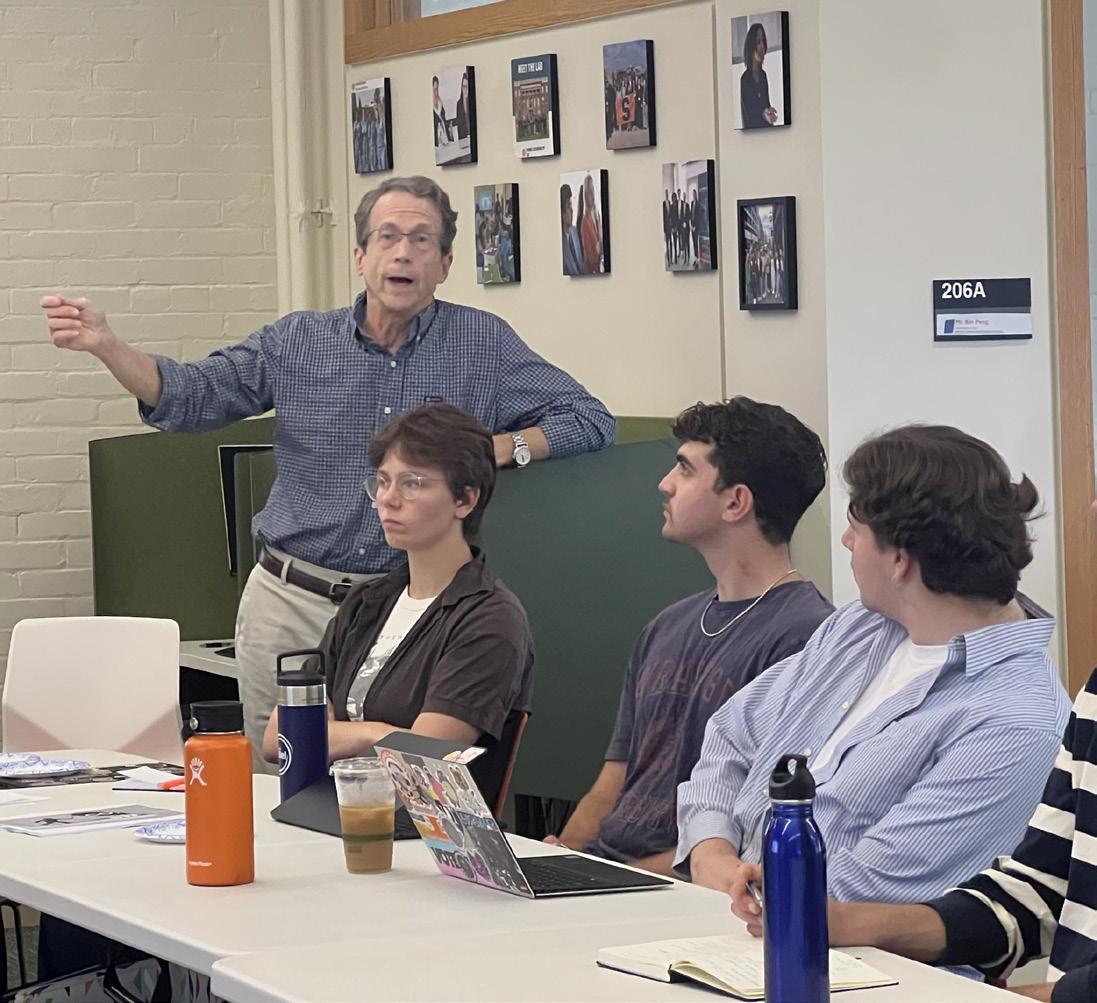
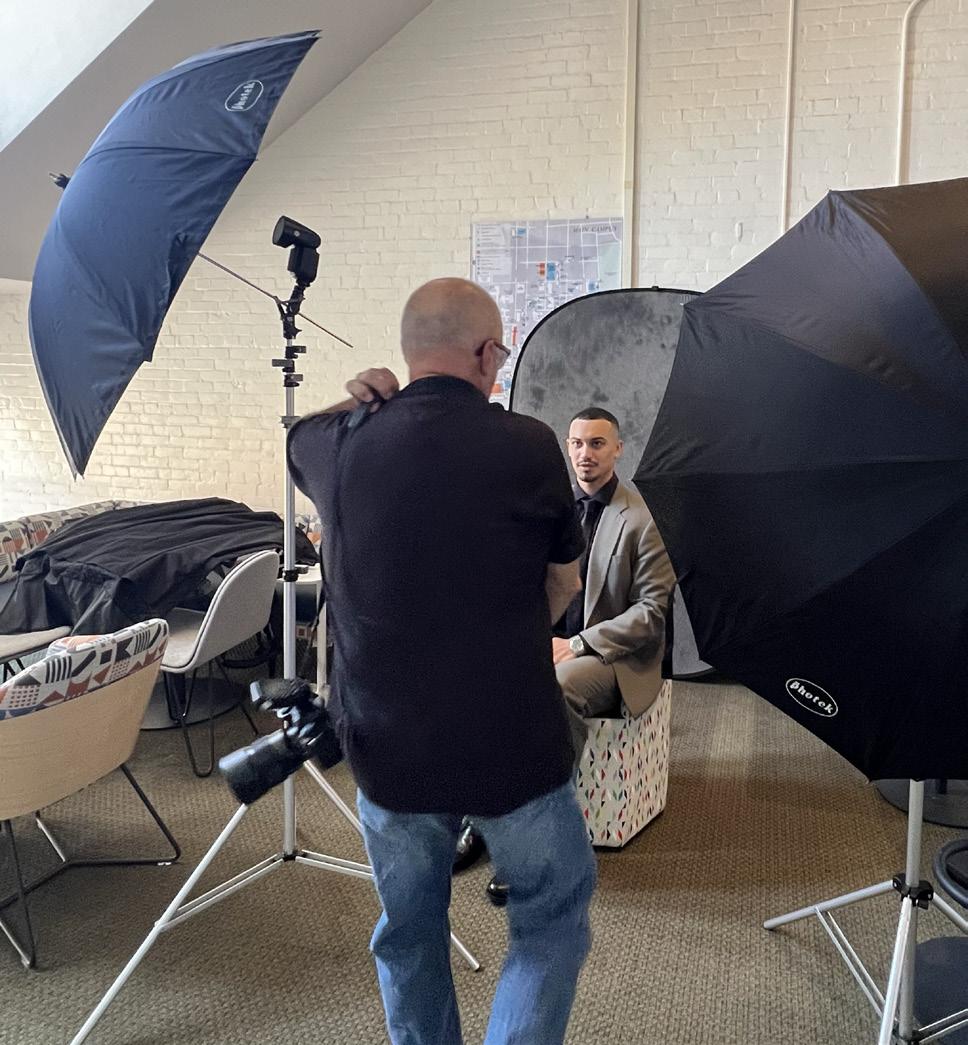
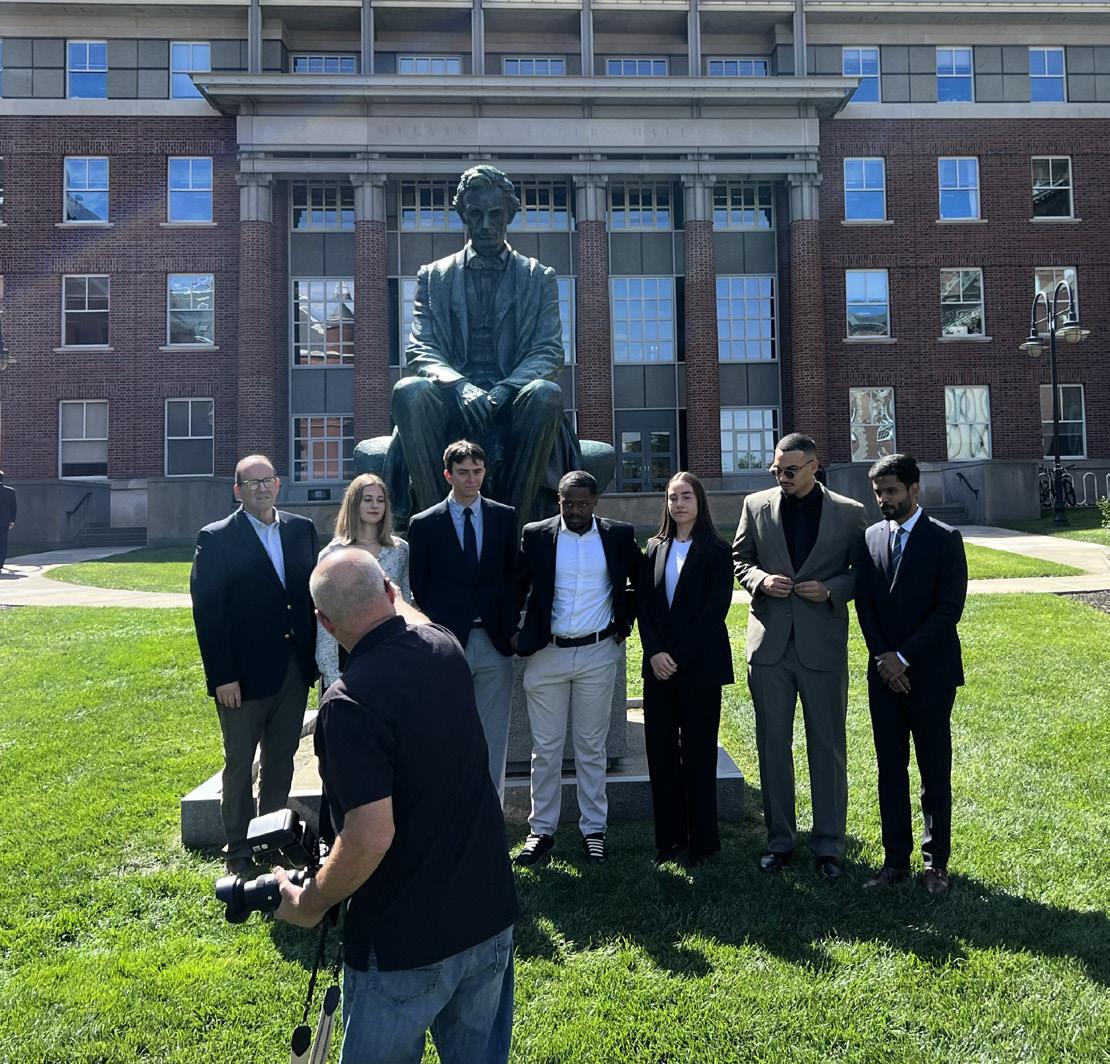
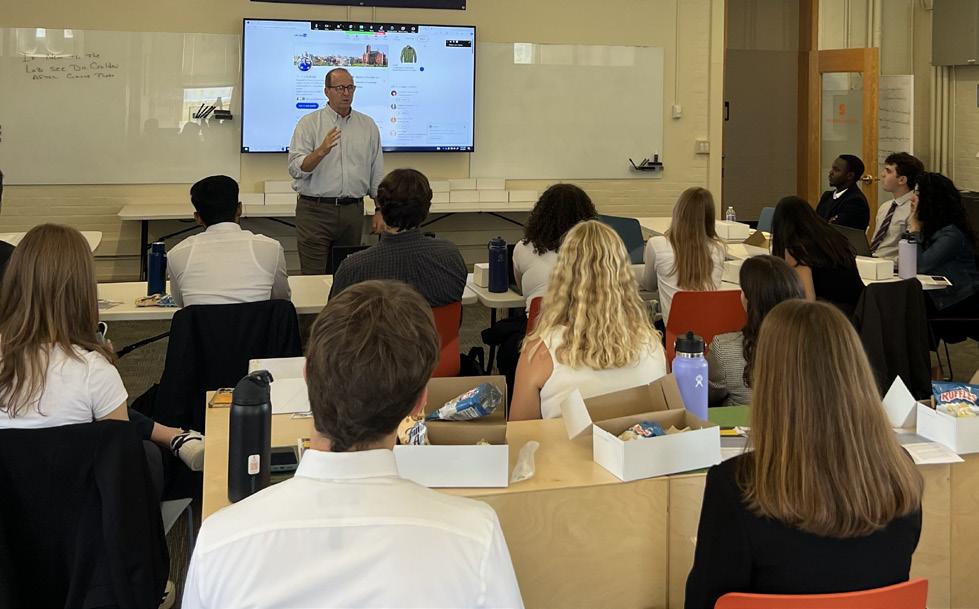
“THE FIRST MEETING FOR THE LAB EVERY YEAR IS ALWAYS EXCITING. IT IS REMARKABLE TO SEE THE PROFESSIONALISM AND EXPERIENCE OF RETURNING RESEARCHERS PAIRED WITH THE ENTHUSIASM AND UNIQUE PERSPECTIVES OF NEW MEMBERS AS WE UNVEIL THE SEMESTER’S PROJECTS AND RESEARCH GOALS. IT REALLY GIVES YOU A LOT TO LOOK FORWARD TO IN THE UPCOMING YEAR.”
AARON OTIS, MPA, MPS SENIOR PROJECT MANAGER

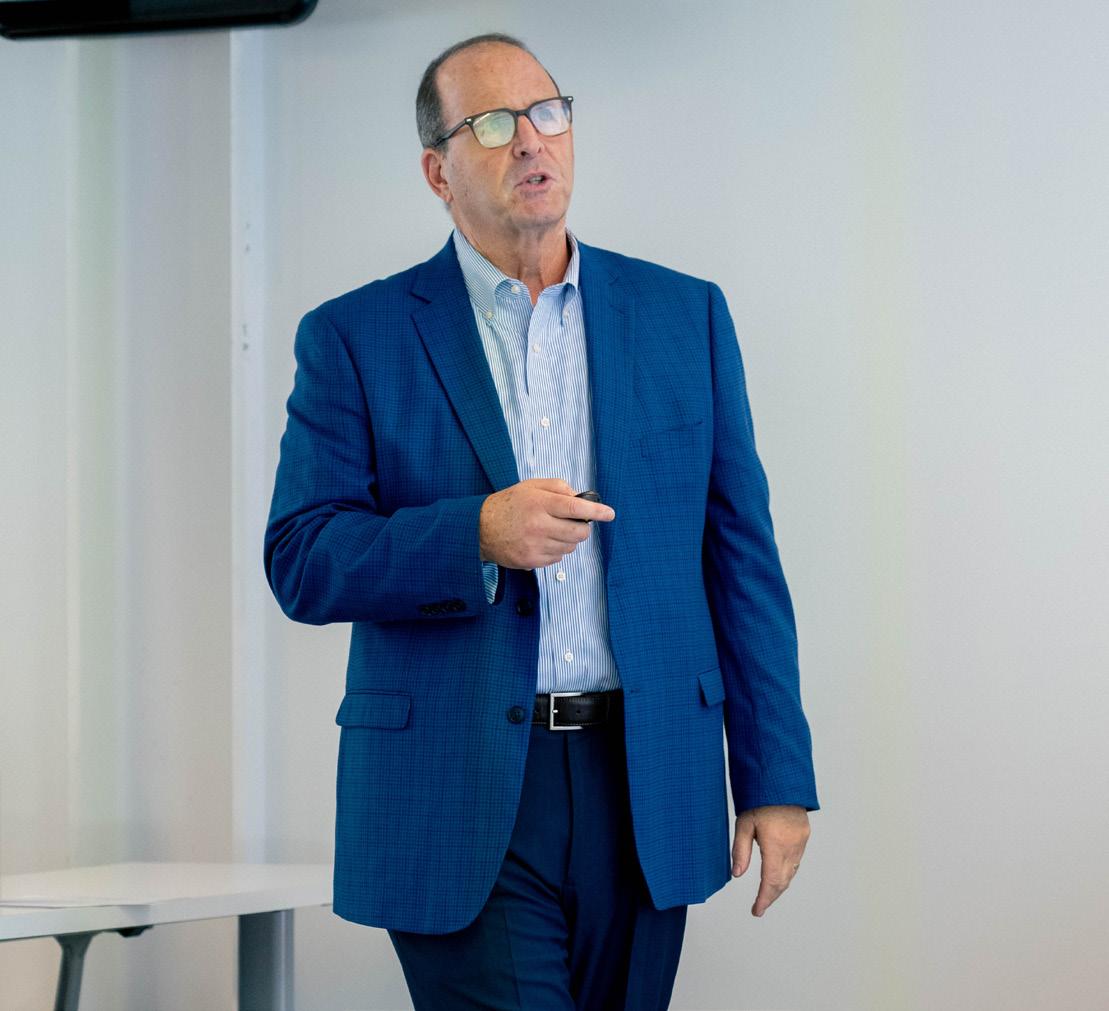
On September 13th, Dr. Golden and Dr. Cole Smith, Dean of the Syracuse University College of Engineering and Computer Science hosted a regional Energy Community Optimization Symposium with academics, local and federal government officials, industry leaders and community organizations in attendance. Featured speakers in addition to Drs. Golden and Smith included researchers and thought leaders advancing a new generation of resilient and sustainable grid scale electricity system including Dr. Sarah Eftekharnejad, Mr. Greg Thomsen and Mr. Mike DeSocio. It served as a call to action for regional thought leaders to form a cohesive energy plan to equip Central New York as new opportunities, such as the arrival of Micron, occur.
Dr. Golden is passionate about fostering discussion to understand the potential benefits and pitfalls of Onondaga County implementing a regionally managed virtual Power Plant and connecting DERs (Distributed Energy Resources) to their power grid.
“We want difficult questions because we want this to succeed if we go down this path,” Dr. Golden said.
These difficult questions included whether DERs are a viable solution to make power grids more resilient, how community members can adjust to Micron’s energy consumption, and if this energy plan is economically feasible for the region.
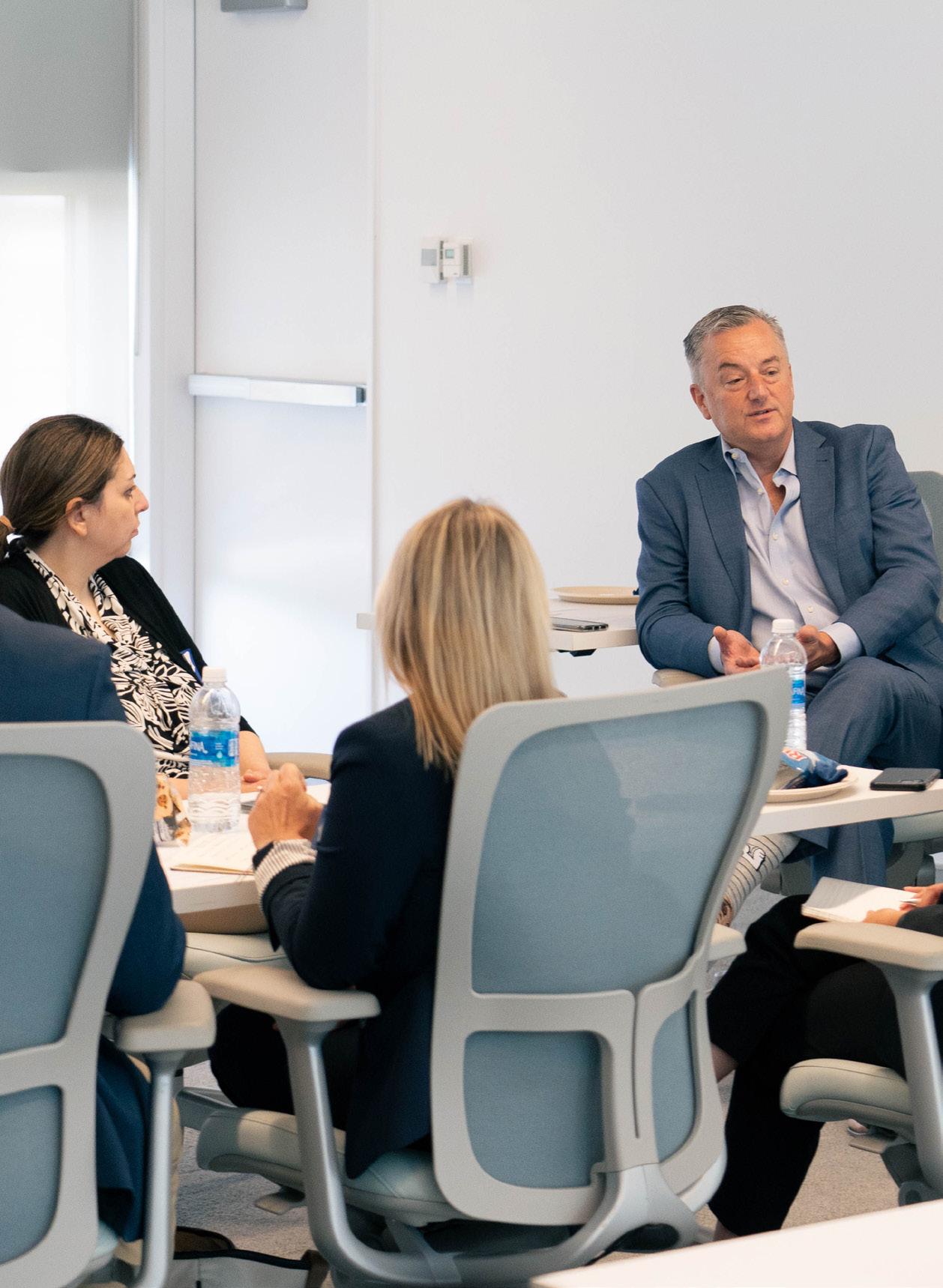
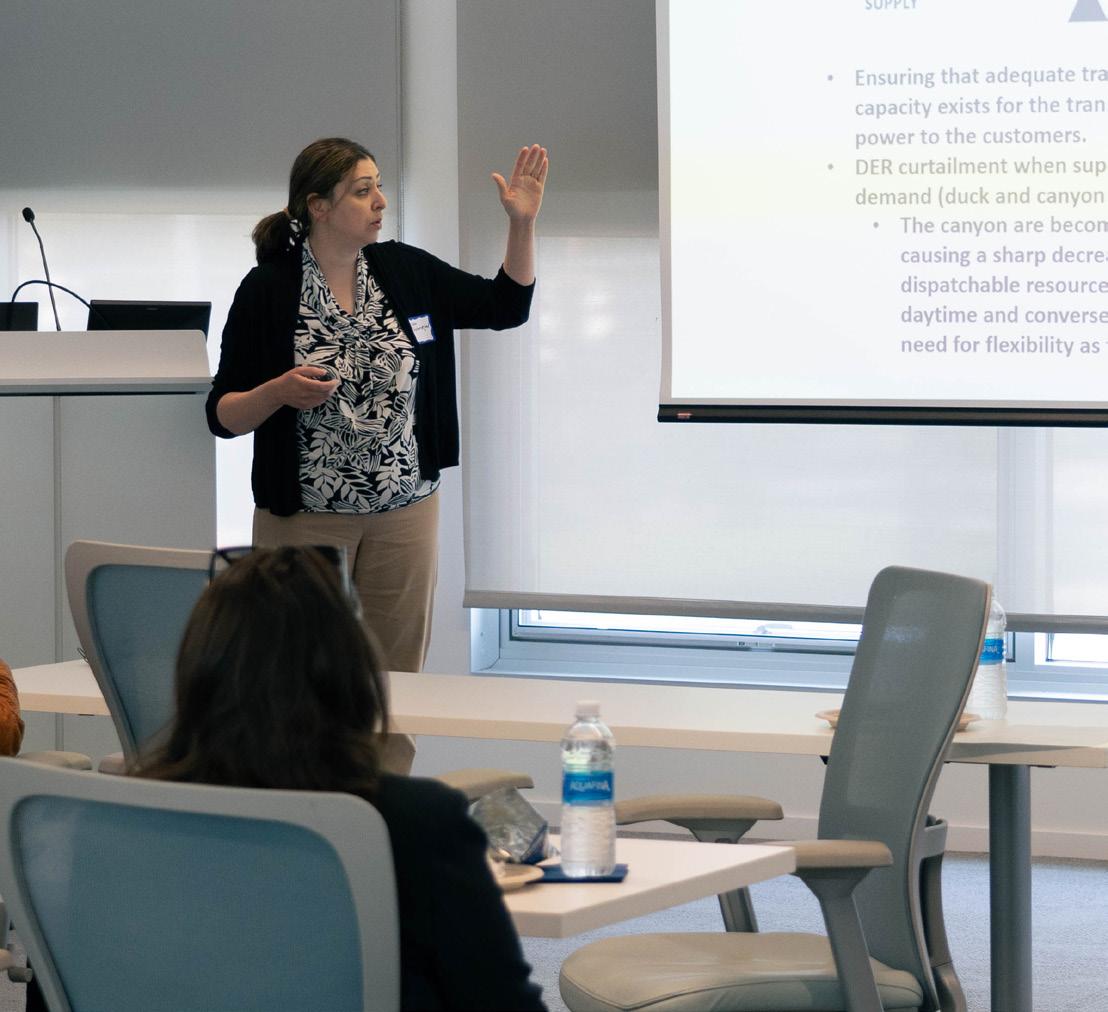
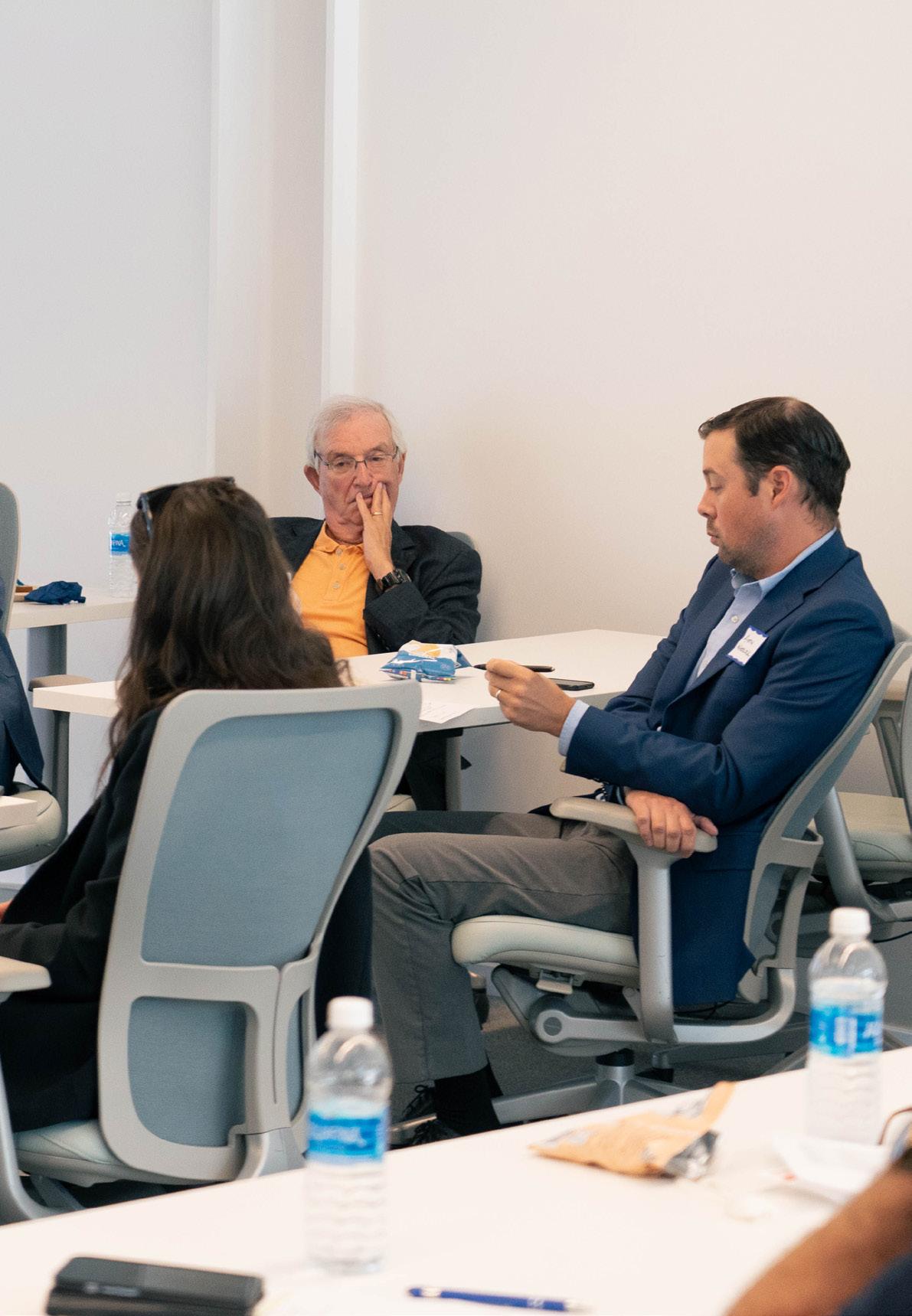
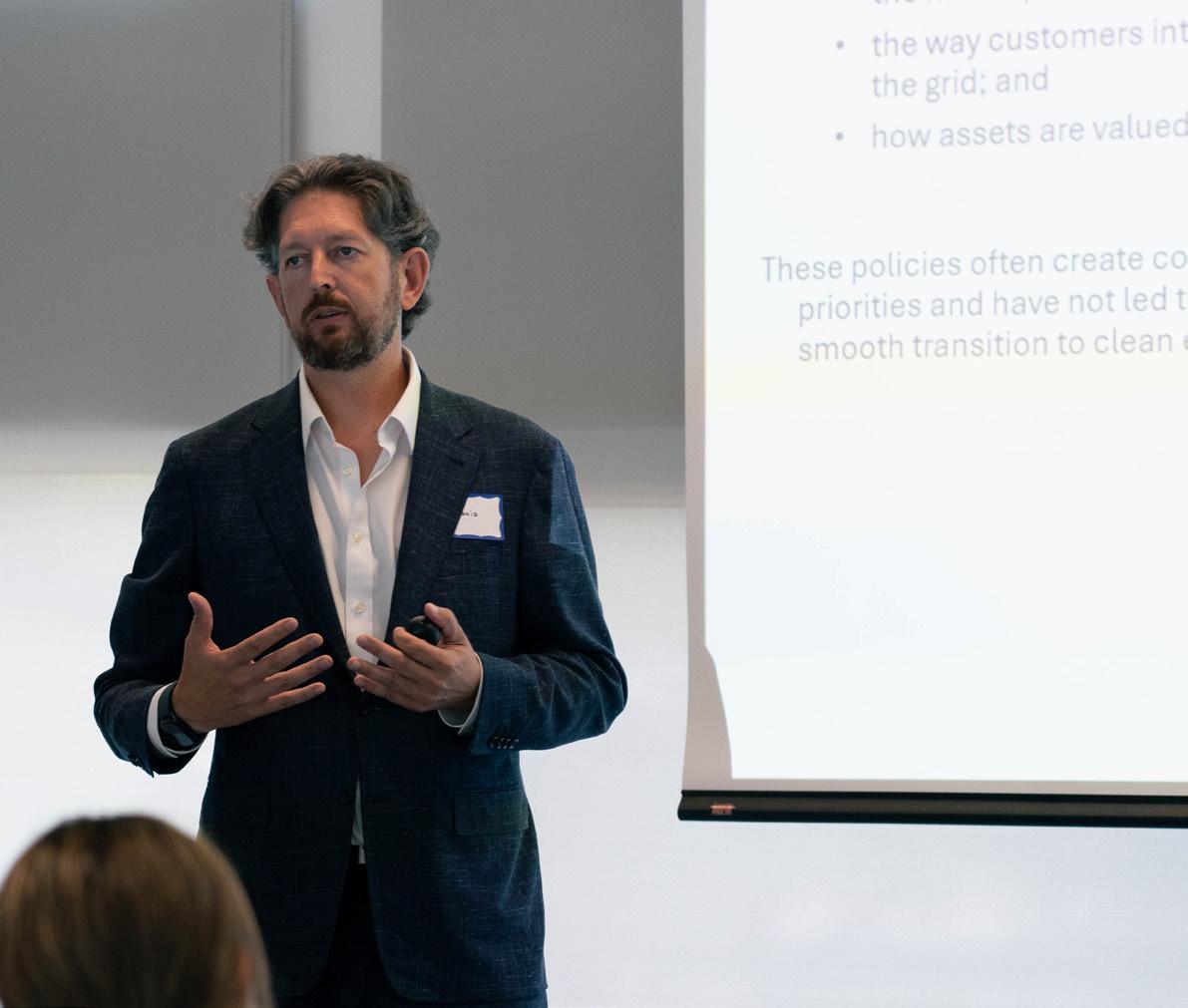
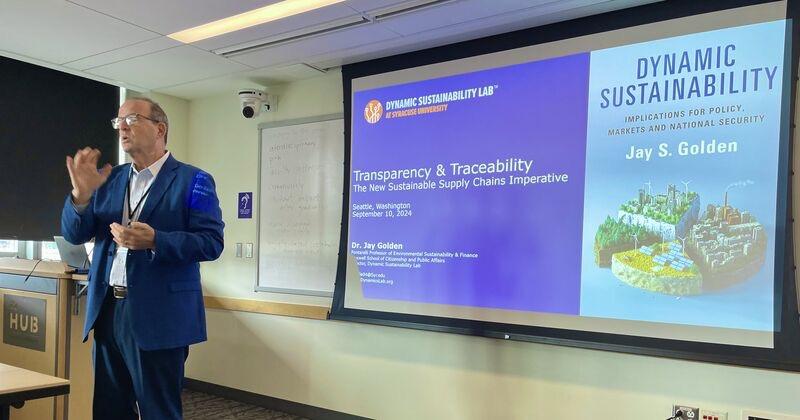
The National Sustainability Society, which Dr. Golden serves on, holds its inaugural conference. Hosted by the University of Washington, over 600 attendees from around the globe attended.
Dr. Golden gave an opening talk on Transparency and Traceability: The New Sustainable Supply Chain Imperative. He also hosted and moderated two different panels on supply chain risks for net-zero carbon transitions.
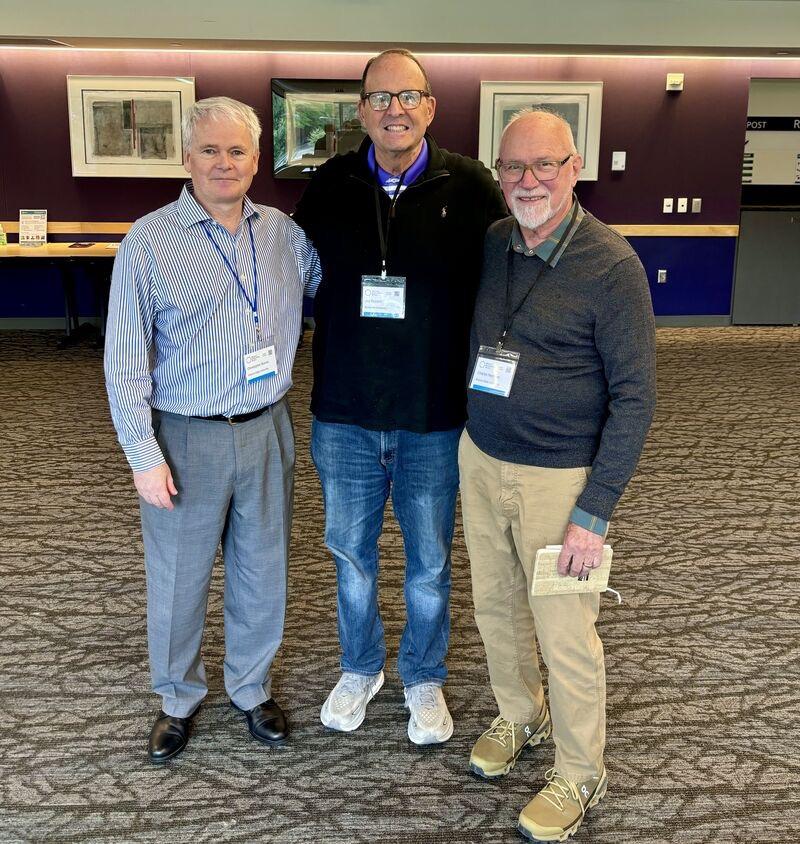

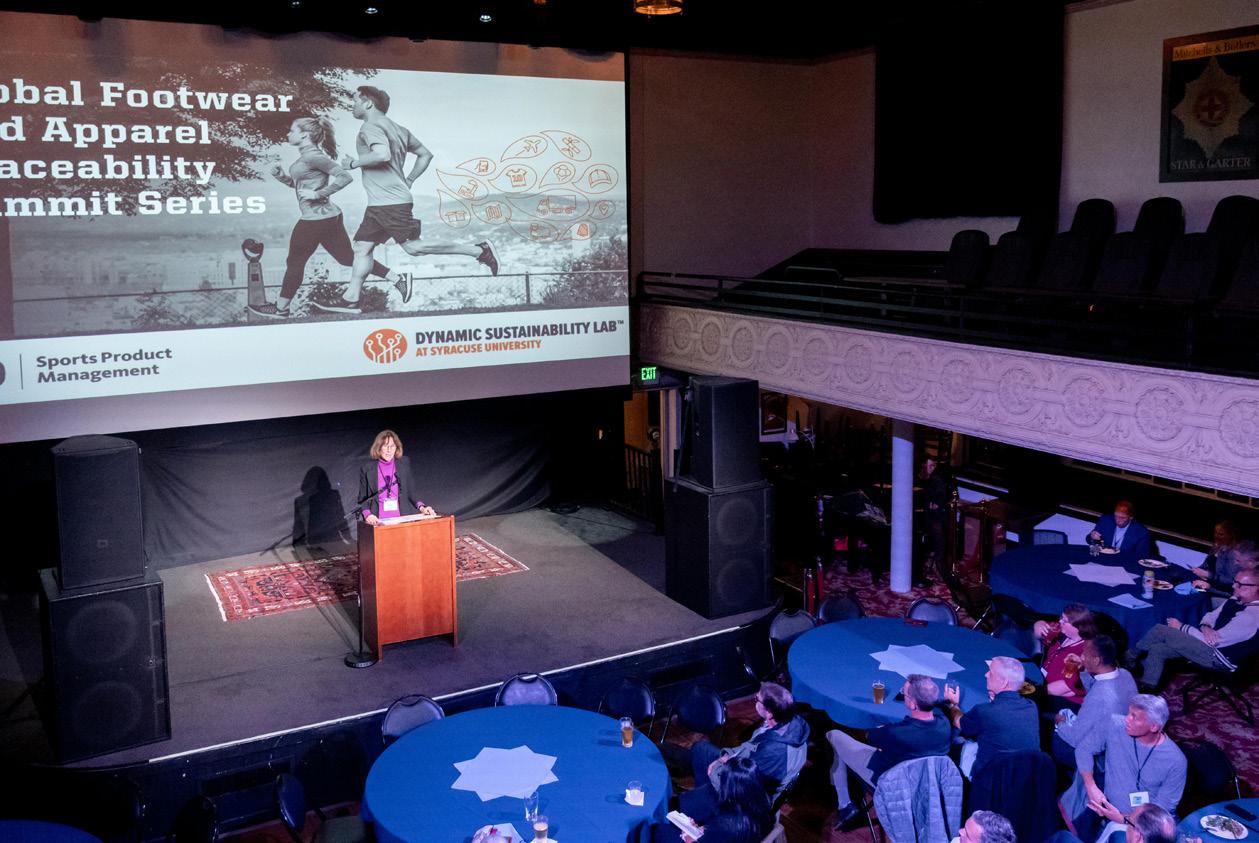
In October, the world’s leading footwear and apparel companies convened in Portland, Oregon as part of a newly launched Traceability and Transparency Initiative focused on Climate Reporting, Forced Labor, Biodiversity, Critical Minerals and Water Security. The two-day October symposium with over 125 attendees was the kick-off event of the Global Footwear and Apparel Traceability (GFA) Initiative which is a partnership of the Dynamic Sustainability Lab and the Sports Product Management program at the University of Oregon. Keynote speakers included Dr. Golden as well as the Executive Director of Trade Relations for the U.S. Customs and Border Protection and the Chief Sustainability Officer for Nike. The next set of meetings will be at the Syracuse University Washington, D.C. campus in February of 2025.
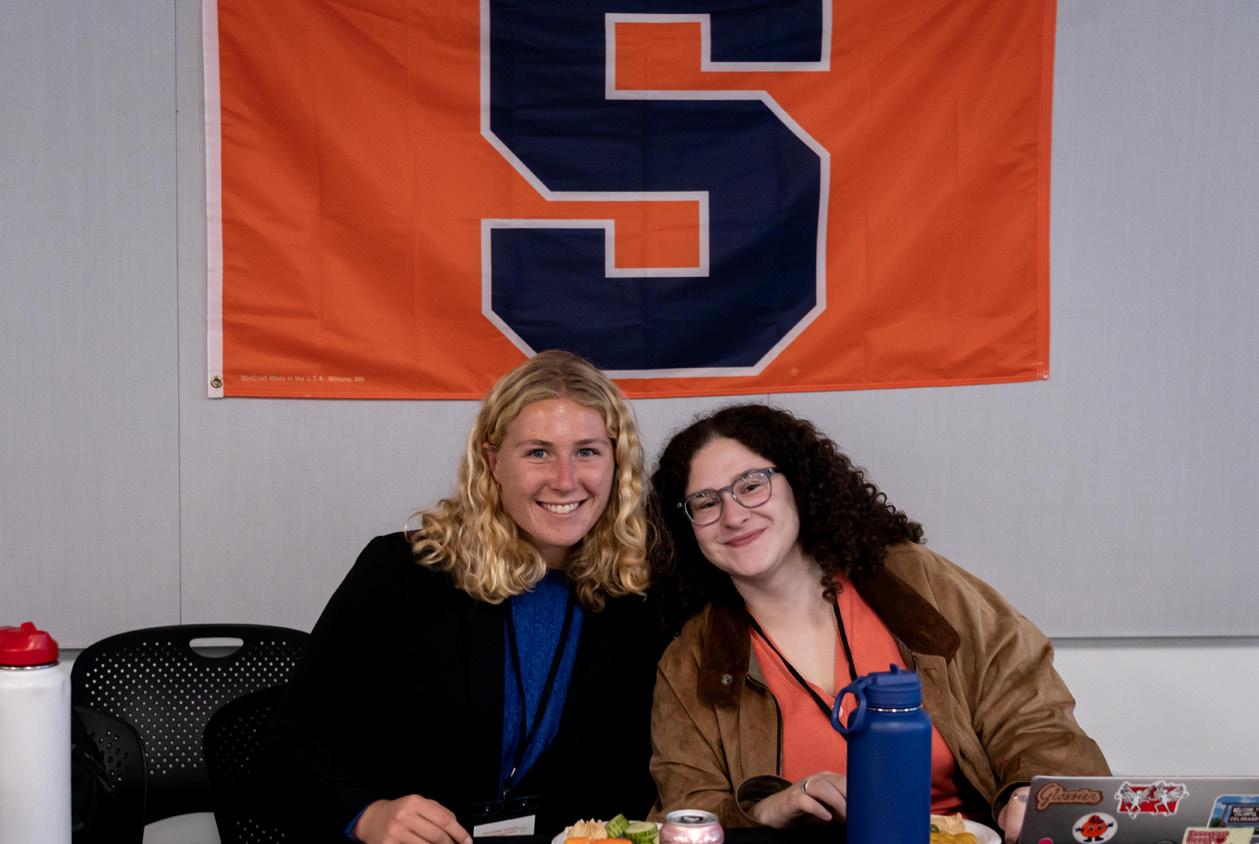
“THE
GLOBAL FOOTWEAR AND APPAREL INDUSTRY ACCOUNTED FOR OVER $1.7 TRILLION U.S. DOLLARS IN 2023 WORLDWIDE AND EMPLOYED OVER 60 MILLION PEOPLE.”
JACOB SNELLING, GRADUATE RESEARCHER
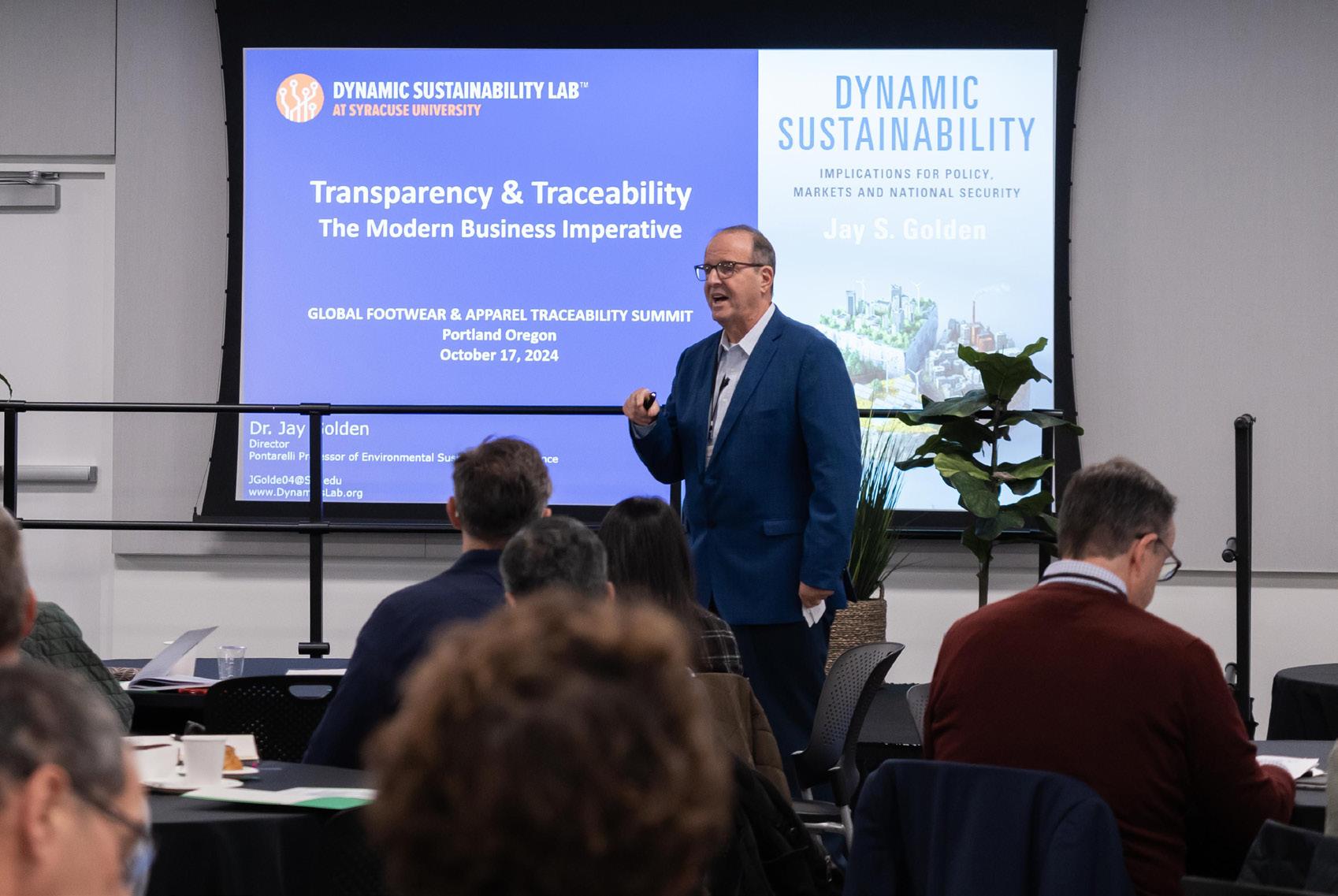
On Nov 1, as part of the “Orange Homecoming” festivities, the DSL hosted “Inside the Dynamic Sustainability Lab” an opportunity for students to present their work to Maxwell School alumni.
Students prepared “speed-presentations”— shortened, concise versions of the research they had been working on all year. Undergraduate Carbon Capture & Sequestration researchers Ava Lubkemann and Leo Gershman (pictured below) had the chance to share their research from the past two semesters.
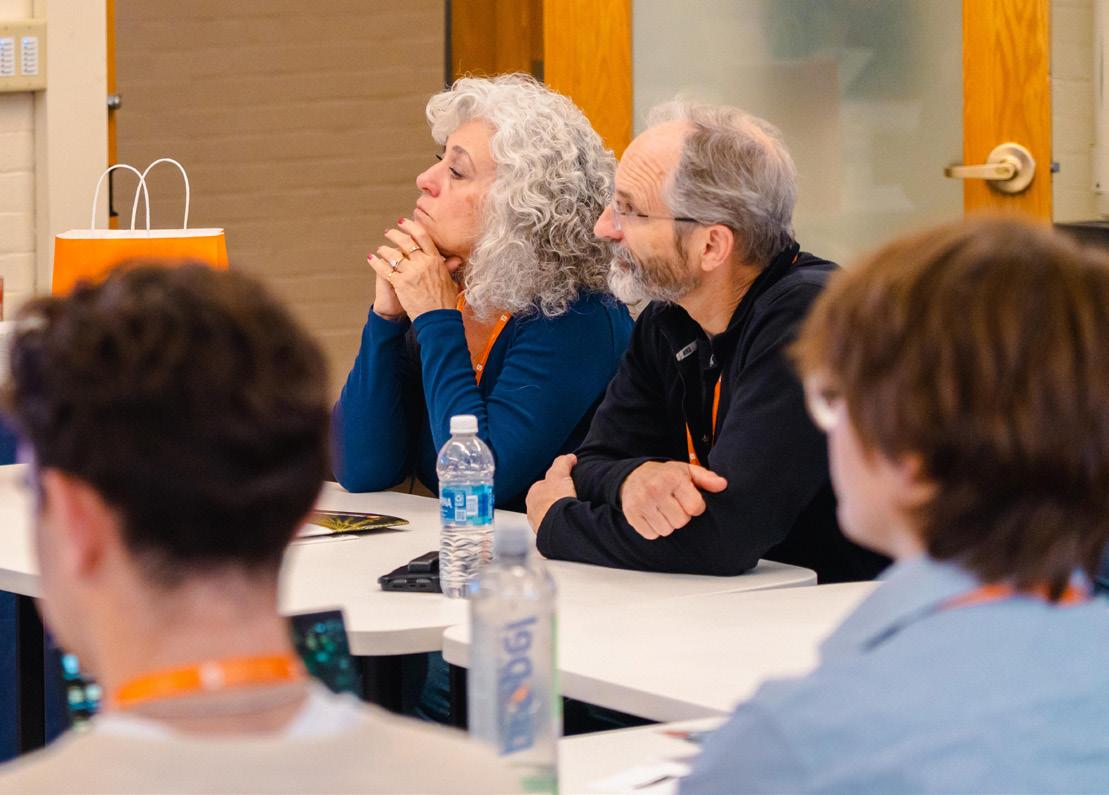
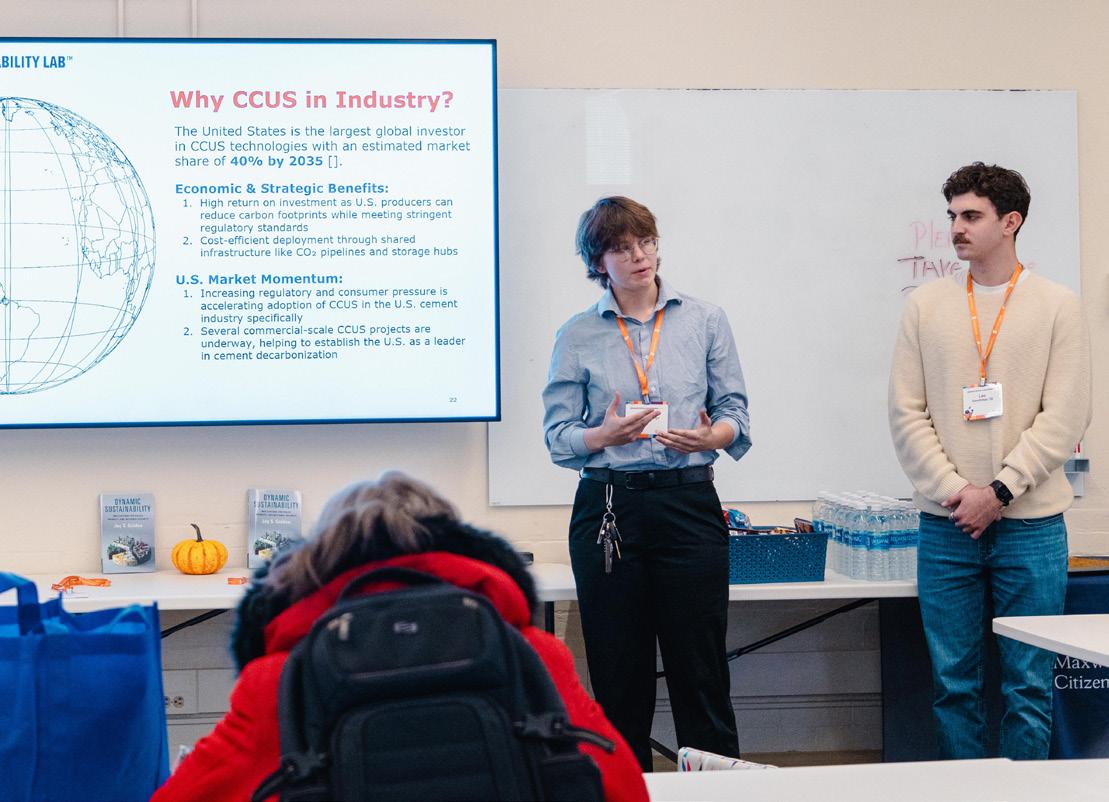

“Presenting in front of seasoned alumni with real-world expertise in CCS/CCUS operations, particularly in the cement and steel industries, was an extraordinary and transformative experience,” Lubkemann said. “Their thoughtful engagement provided invaluable insights, especially the welldeveloped questions posed to Leo and me regarding the challenges and opportunities of integrating CCUS technologies into the U.S. cement sector.”
In the Adirondacks on Nov. 1, the blockchain team, along with researchers from the Air Force research lab, presented a blockchain forestry demo to academics and forestry industry members.
“This is the first time we are getting a chance to present to the actual foresters that are immediate stakeholders in our work,” undergraduate researcher Jonah Komosinski said. “It's exciting to finally meet the people who do the work I've only looked at through a screen, and have the opportunity to help them save the planet and get paid to do so.”

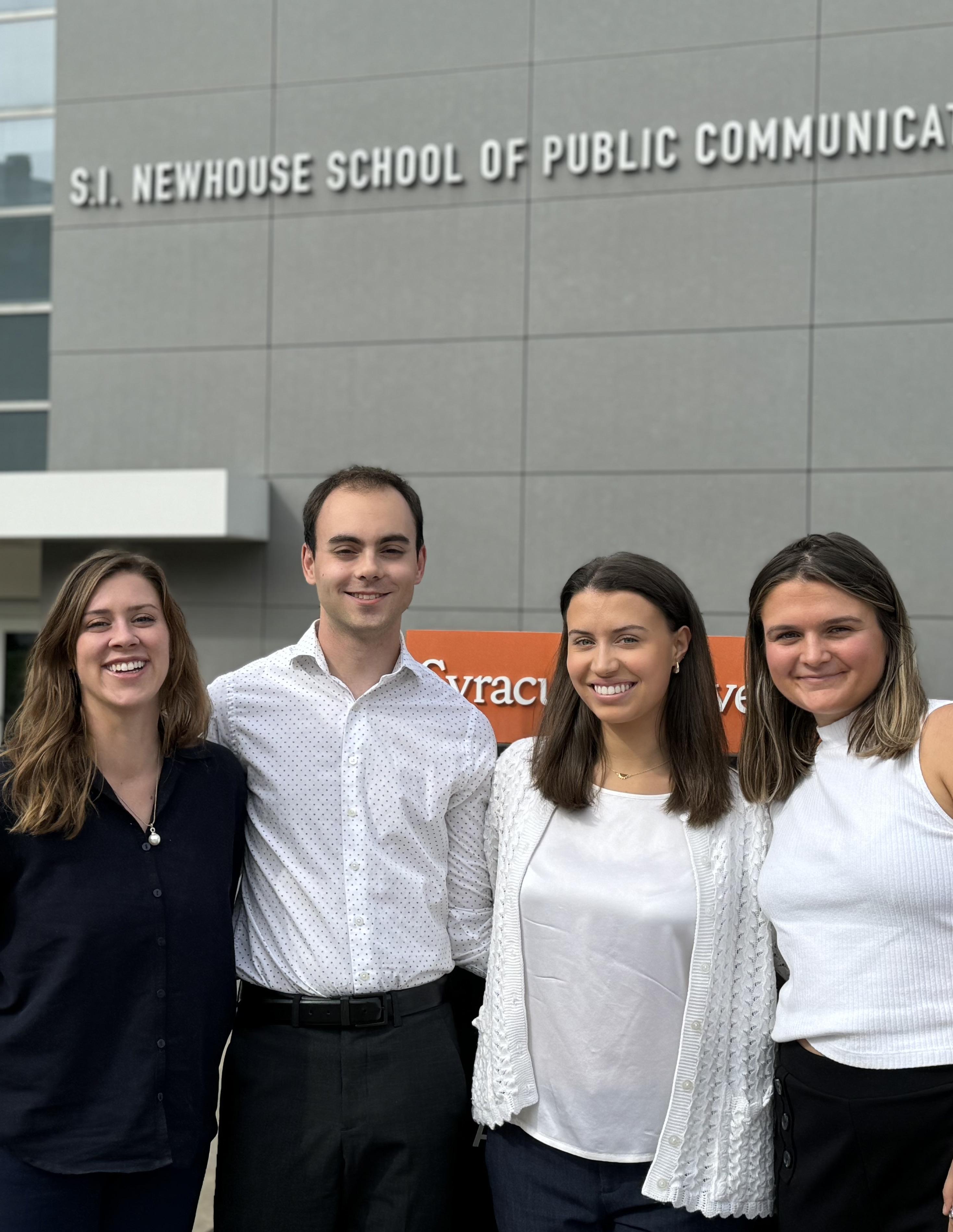
A new research project has joined the Dynamic Sustainability Lab (DSL) this semester. The team has been involved with the DSL since 2022, but they have recently taken on a new project. The Market Research Team is a unique collaboration with the S.I. Newhouse School of Public Communications, focusing on understanding the New York consumer perceptions of climatesmart commodities and funded through a USDA grant.
The team is led by Assistant Professor of Public Relations, Dr. Erika Schneider, Research Professor and Co-Director of the Real Chemistry Emerging Insights Lab, Dr. Jason Davis, and Senior Associate Dean, Dr. Regina Luttrell. The team includes undergraduate students Olivia Jackson, Shannon Yehl, Patrick Chambers and Abigail Seltzer. Graduate student Melissa Nare is a recent addition to the team who is also involved with the project.
USDA defines a climate-smart commodity as “an agricultural commodity that is produced using farming, ranching or forestry practices that reduce greenhouse gas emissions or sequester carbon.” Schneider says that part of their research included a survey with a sample of 400 New York state residents to determine market demographics. They were interested in learning more about the type of consumers in New York state, and whether or not they have purchased or even heard of a climate-smart commodity, which many hadn’t.
“AS WE REALIZE HOW IMPORTANT IT IS TO BE SUSTAINABLE, MORE BUSINESSES ARE STARTING TO LEAN MORE ECOFRIENDLY, AND IT’S BEEN REALLY INTERESTING TO RESEARCH THAT SHIFT.”
SHANNON YEHL, UNDERGRADUATE RESEARCHER
Beyond demographic questions, the survey also included questions about perceptions of climate change, purchase intentions, and where they might get their environmental news from. The hope was to gain insight into the ideologies and values of their audience.
“Our ultimate goal is to really understand and identify the markets that are relevant to climate-smart commodities to make a campaign that creates informed decision making and addresses the needs that are identified in that target market,” said Schneider.
She also emphasized the importance of their chosen demographic. According to her, a majority of research focuses on the demographics of New York City, and fails to recognize the rest of the state, which can vary a lot from the city.
“I think it also turns its back to the rest of the state, which there is so much more to be said about New York than one city that we have, but it’s absolutely a powerhouse and leading a lot of the economic underpinnings of the state,” said Schneider.
For public relations junior Shannon Yehl, this type of research was unfamiliar to her. She joined the lab after being introduced to Dr. Schneider through another class, but quickly realized the relevance and importance of the project.
“As we realize how important it is to be sustainable, more businesses are starting to lean more eco-friendly, and it’s been really interesting to research that shift,” said Yehl.
While it can be challenging to balance the demands of her classwork, other extracurriculars, and the research of the lab, Yehl says the work has been valuable and worthwhile.
“Everyone’s really passionate, being in a space and community where everyone is so dedicated and knowing we are doing something for such a good reason is really rewarding,” said Yehl.
Yehl says she is grateful for the experiences she has had with the project. While her goal is to go into public affairs, her time at the DSL has inspired her to possibly focus on the fields of environmentalism or public health, and make a difference in communities.
The team is planning to support outreach across the state and will be hosting a media training workshop in New York City for environmental journalists and other individuals to learn more. They hope to demonstrate better practices for climate-smart reporting, since it is a recent and upcoming term, and many reporters may not be familiar with it. The workshop will involve how to identify expert sources and show the audience some results from the recent study.
“The hope is to promote societal well-being. We want to promote consumer behaviors that are going to help the environment in the end,” said Schneider.

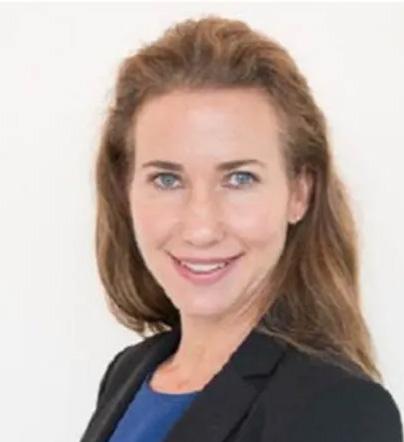
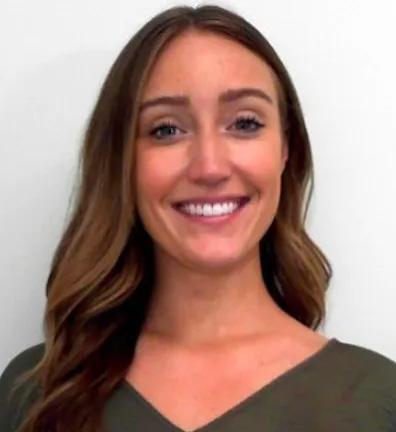
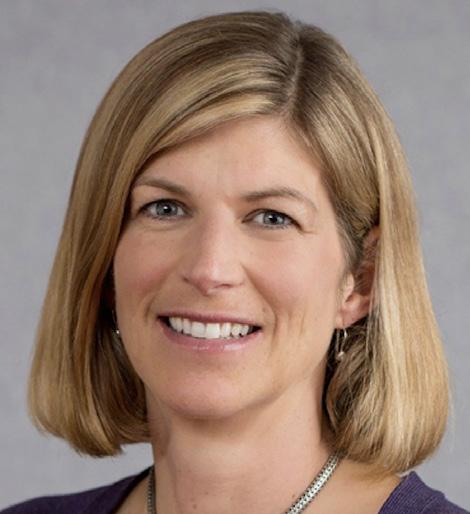
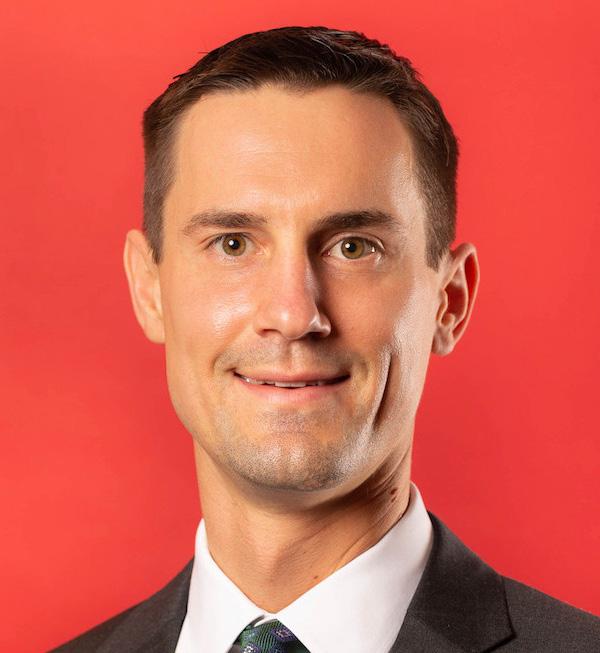
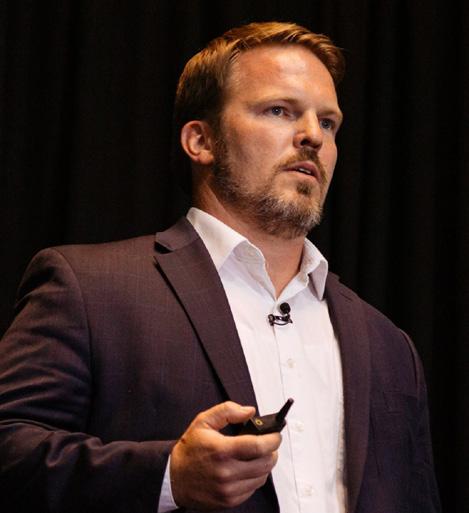

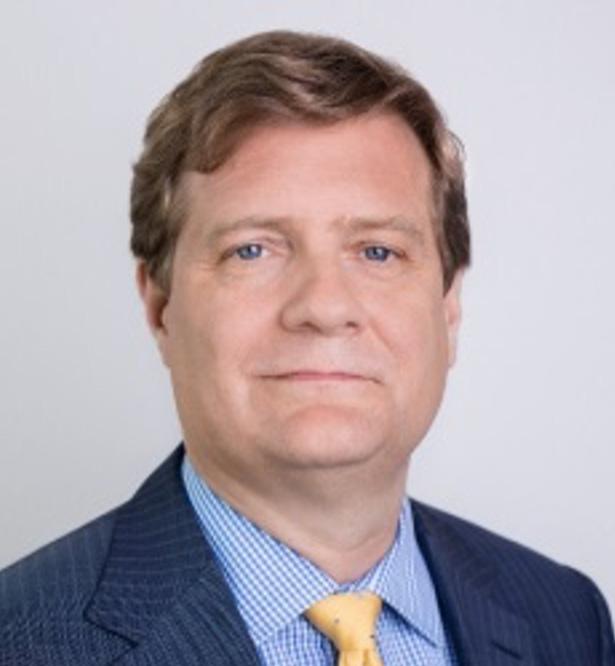
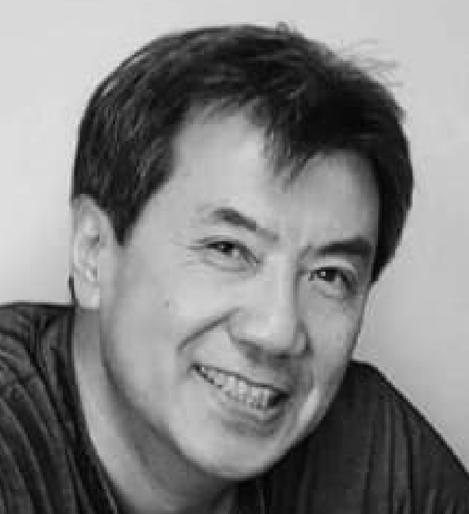
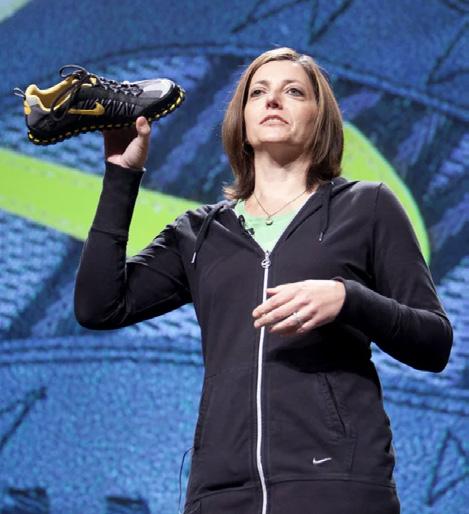
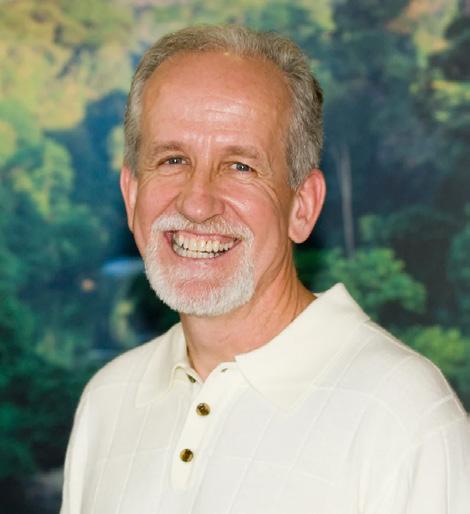
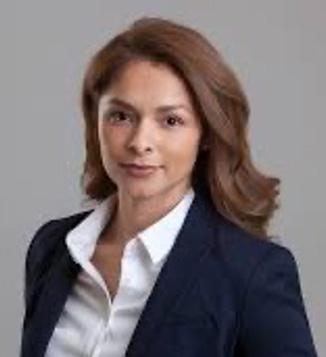
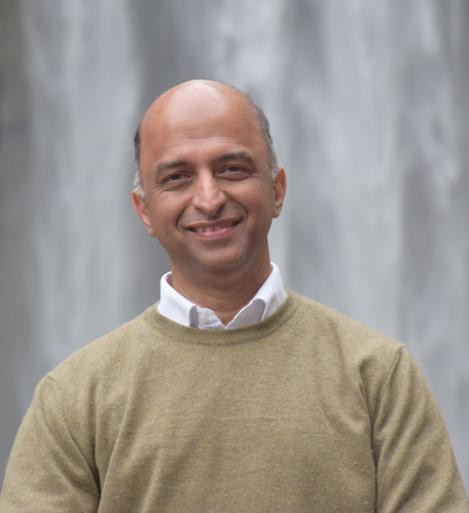

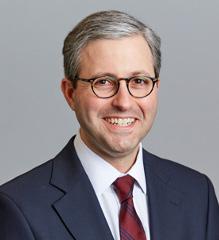
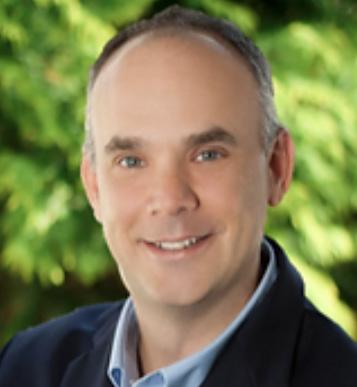
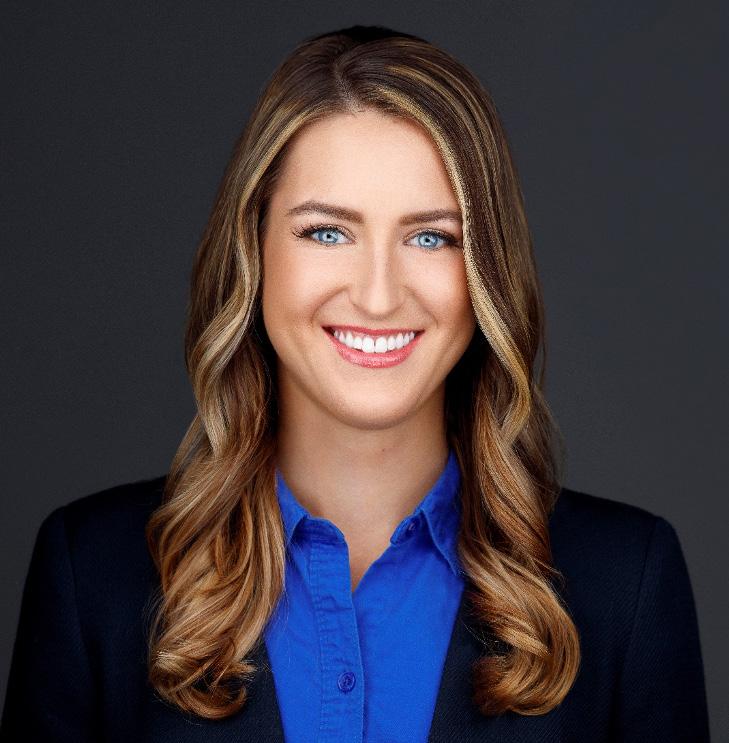
Karen Boyd, one of the advisory board members of the Dynamic Sustainability Lab, brings a unique perspective to the world of sustainability. As the director of product sustainability at World Energy, Boyd approaches her work with a solutionsfirst mindset.
Before joining World Energy, Boyd led operations of a carbon offset program at Land O’Lakes called Truterra, where she enabled voluntary carbon credits into the markets and enhanced their credibility. Although her educational background is in chemical and biochemical engineering, her technical experience led her to focus more on the strategic business side of sustainability, eventually earning an MBA.
“How do you actually make some of these solutions work in real life and how does that work at a technical scale as well?” she asked.
LLC
“It’s a sounding board of what that looks like in real life so that the academic work that’s going on in the background can actually merge with what industry needs today,” she said.
One of the most rewarding aspects of her role at the DSL is witnessing the innovative work done by students and seeing how it could be applied to industry challenges in the near future. Boyd is particularly excited about how student research will help accelerate progress toward climate targets.
“It’s exciting to see all of the new brains that are coming into the industry soon, so that’s always great to see,” she said.
At her core, Boyd still considers herself an engineer, viewing challenges as opportunities for practical solutions. Her advice to young researchers is to stay focused on finding solutions, knowing that every step forward—no matter how small—is progress.
“ I WOULD ENCOURAGE PEOPLE TO NOT GET TOO BOGGED DOWN BY ALL THE CHALLENGES THAT WE CURRENTLY FACE, BUT RATHER TO FOCUS ON THE OPPORTUNITY FOR SOLUTIONS.”
World Energy, which helps companies achieve their net-zero goals, operates one of the largest operational sustainable aviation fuel production facilities in the country. World Energy is also developing Canada’s first commercial green hydrogen and ammonia in Newfoundland and Labrador. Boyd’s work involves understanding the impacts of new systems on sustainability claims and collaborating with different certification bodies.
Boyd got involved with the DSL about five years ago and now serves on the advisory board. She contributes valuable industry insights to sustainability conversations, attending conferences and panels to address real-world challenges.
“I know it can be hard, especially coming into industry and that first step can feel daunting. It can feel like there’s a lot of challenges and a lot of things that aren’t really ready yet for innovative solutions. I would encourage people to not get too bogged down by all the challenges that we currently face, but rather to focus on the opportunity for solutions” she said.
Boyd’s journey exemplifies the power of blending technical expertise with strategic vision to drive meaningful change in sustainability. Her work at World Energy and contributions to the DSL showcase her dedication to building academic innovation with industry needs. As she continues to inspire the next generation of sustainability leaders, Boyd remains steadfast in her belief that every challenge presents an opportunity to create solutions that will shape a more sustainable future.

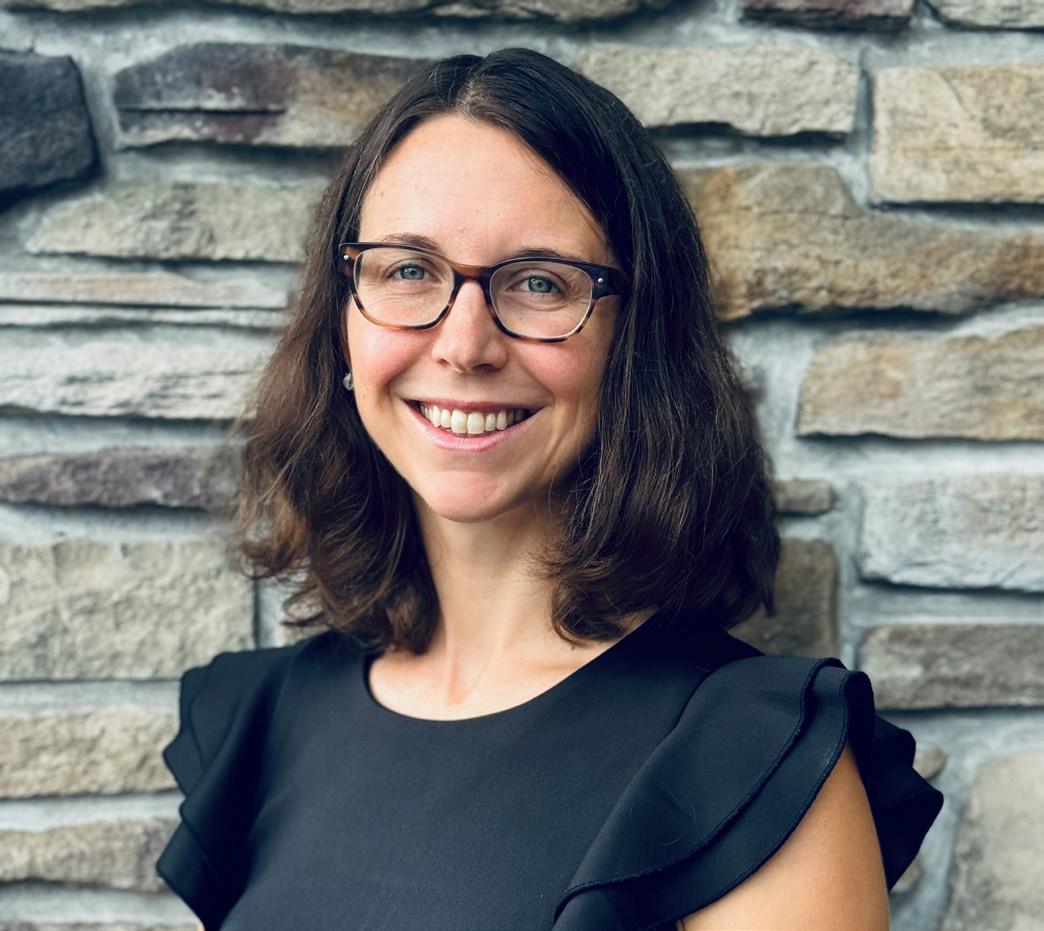
After a decade of working in renewable energy, energy efficiency, and building analysis, the Dynamic Sustainability Lab is thrilled to welcome project coordinator, Allison Haynes. A proud SUNY ESF alum, Haynes studied environmental science with a concentration in renewable energy. Her career has spanned roles in research, grant writing, and management, but she’s excited to return to academia.
“What drew me to the lab specifically is the technical bulletins really,” Haynes said. “While I was a student, I loved scientific research and having access to that huge catalogue of peer reviewed research papers. I always wondered, how can we better get this information to the public?”
Haynes’ love for the campus environment also played a role in her decision. “I’ve always wanted to work at Syracuse University. I loved the diversity of students and ideas when I took classes at Syracuse University as an ESF student,” she said. “It’s very nice to be around smart people and people who are doing good work. People working together, cooperating, trying to achieve a goal together.”
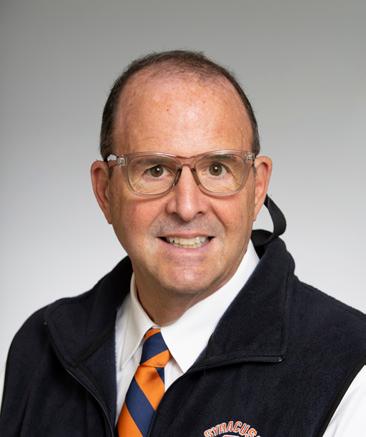
Her environmental passion ignited during her summer work at 18 with a nonprofit consumer rights and environmental advocacy group. “They would do daily workshops where I would learn about all of these different topics in the environment and that just struck a chord in my heart and I’ve been passionate about the environment ever since,” Haynes shared.
Now, Haynes is diving into her new role, funded by the USDA Climate-Smart Commodities grant. As project coordinator, she oversees budgets and deliverables, plans conferences and workshops, and fosters collaboration. “I really enjoy planning events, so it’s fun to be able to do that as part of my job now,” Haynes said. One recent workshop in the Adirondacks came together last minute, but she managed it from start to finish.
“I LOVE BEING IN ON THE DISCUSSIONS OF THE RESEARCH THAT’S GOING ON AND HEARING FROM THE RESEARCH FELLOWS ABOUT WHAT THEIR RESEARCH IS.”
What excites her most about the lab is the intersection of cutting-edge research, sustainability, and real-world applications. She appreciates Dr. Golden’s comprehensive approach to the transition to a net-zero carbon economy. “He doesn’t just look at the benefits,” she said. “He looks at and details the negative consequences, which I think adds legitimacy to it, and allows for better planning.”
For Haynes, being part of discussions with research fellows and learning about their projects is a highlight of her work. “I love being in on the discussions of the research that’s going on and hearing from the research fellows about what their research is,” she said. “I think that’s really cool, being privy to all of this cutting-edge research.”
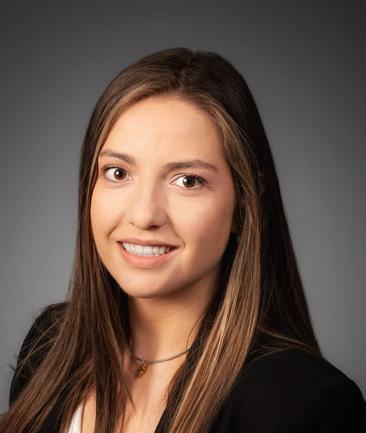
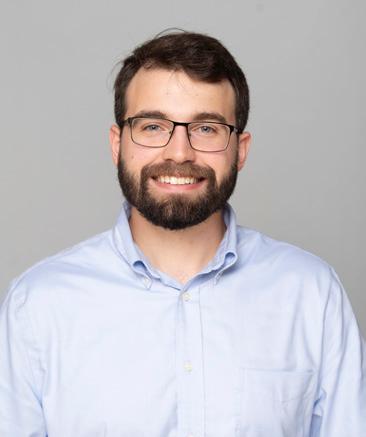
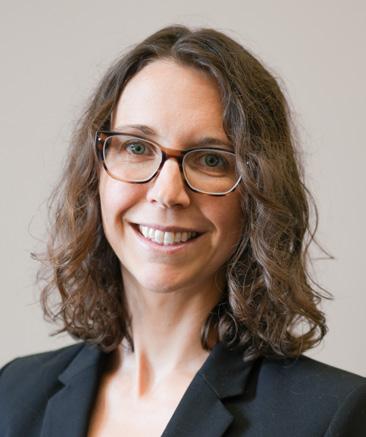

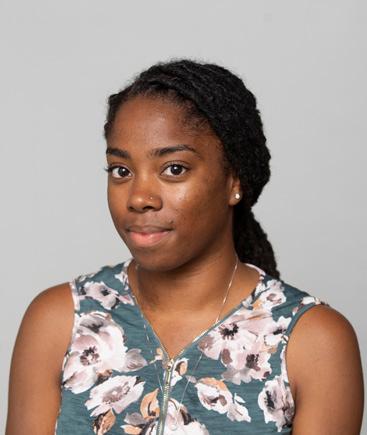

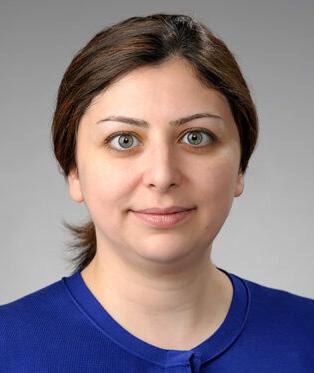

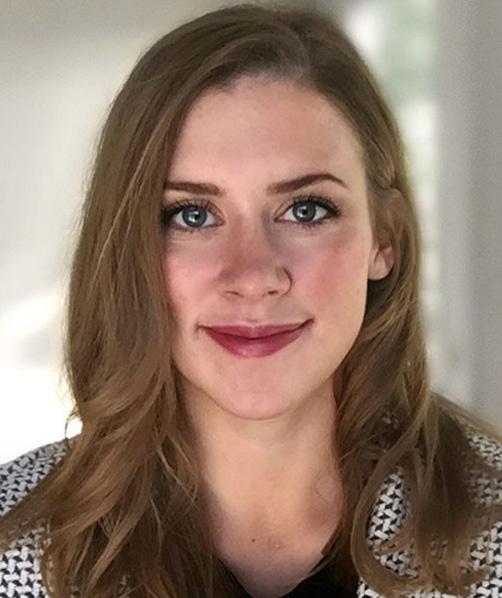

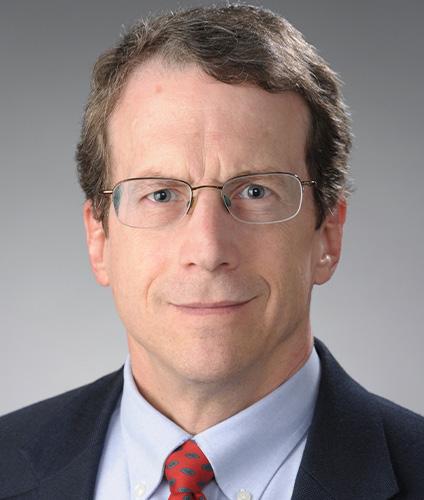
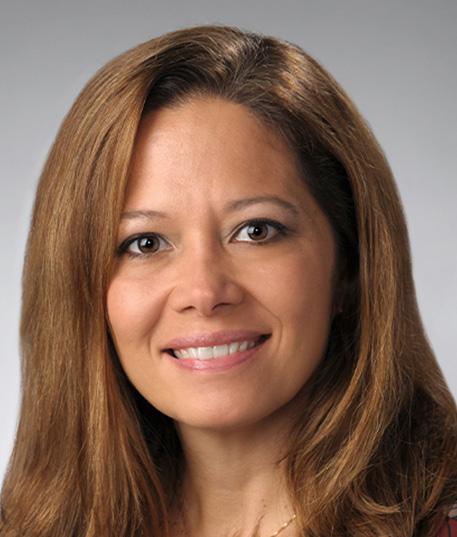
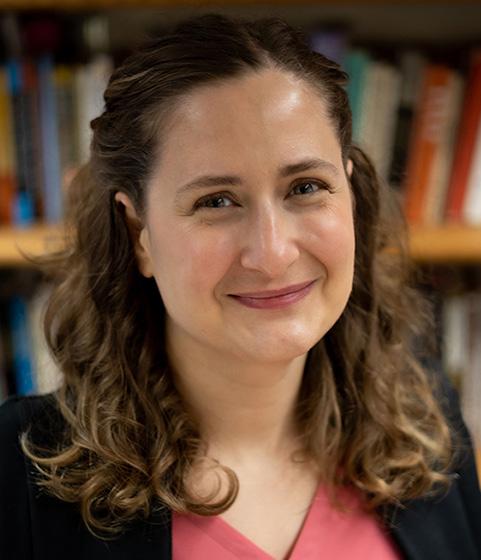
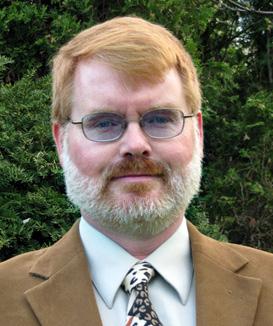
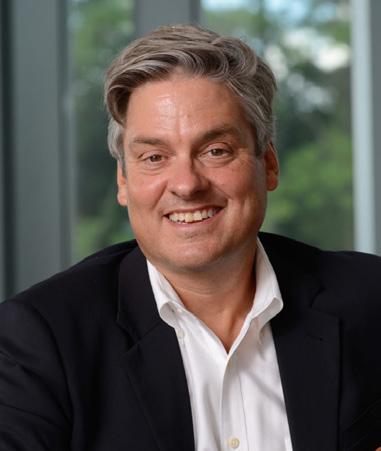

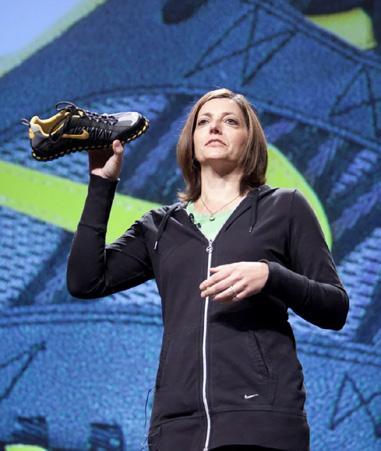
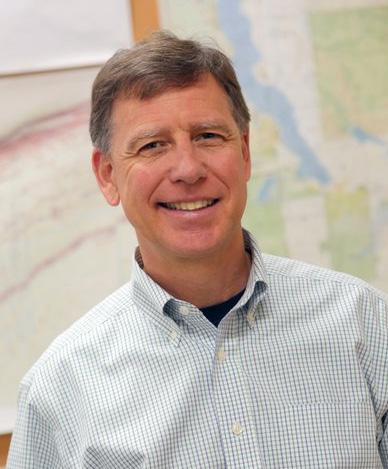

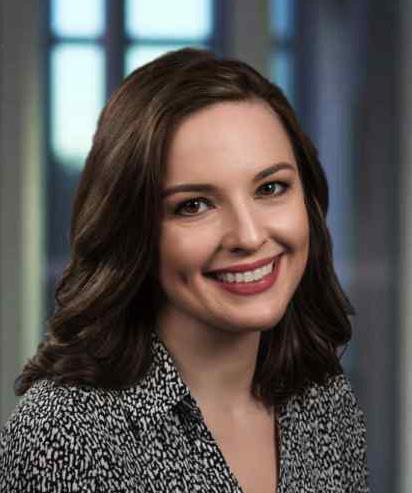
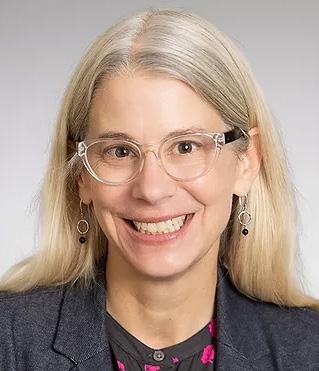
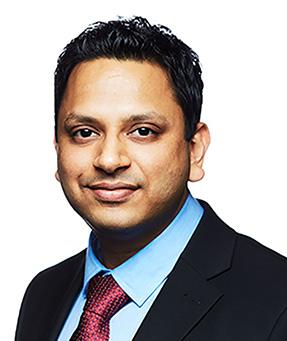
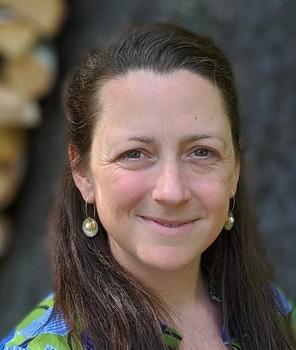
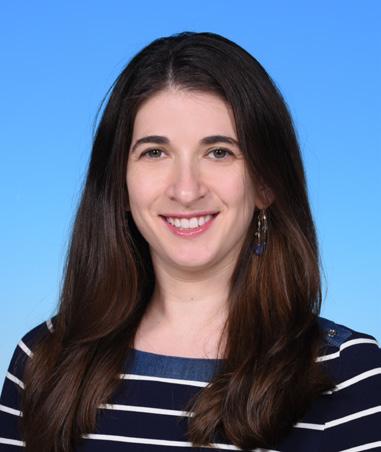
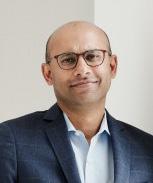
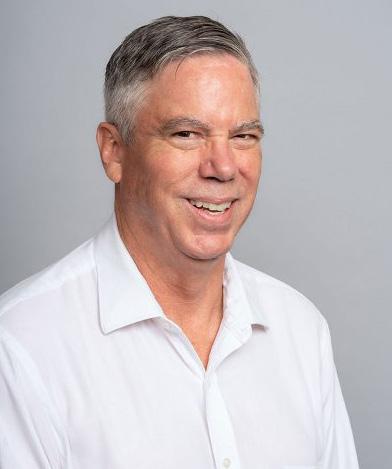

The communications team was hard at work again this year developing assets to promote researcher’s work. Members wrote blogs, profiles, and long-form narratives to highlight the success of each of our teams. View blogs and more information about the lab at www.dynamicslab.org



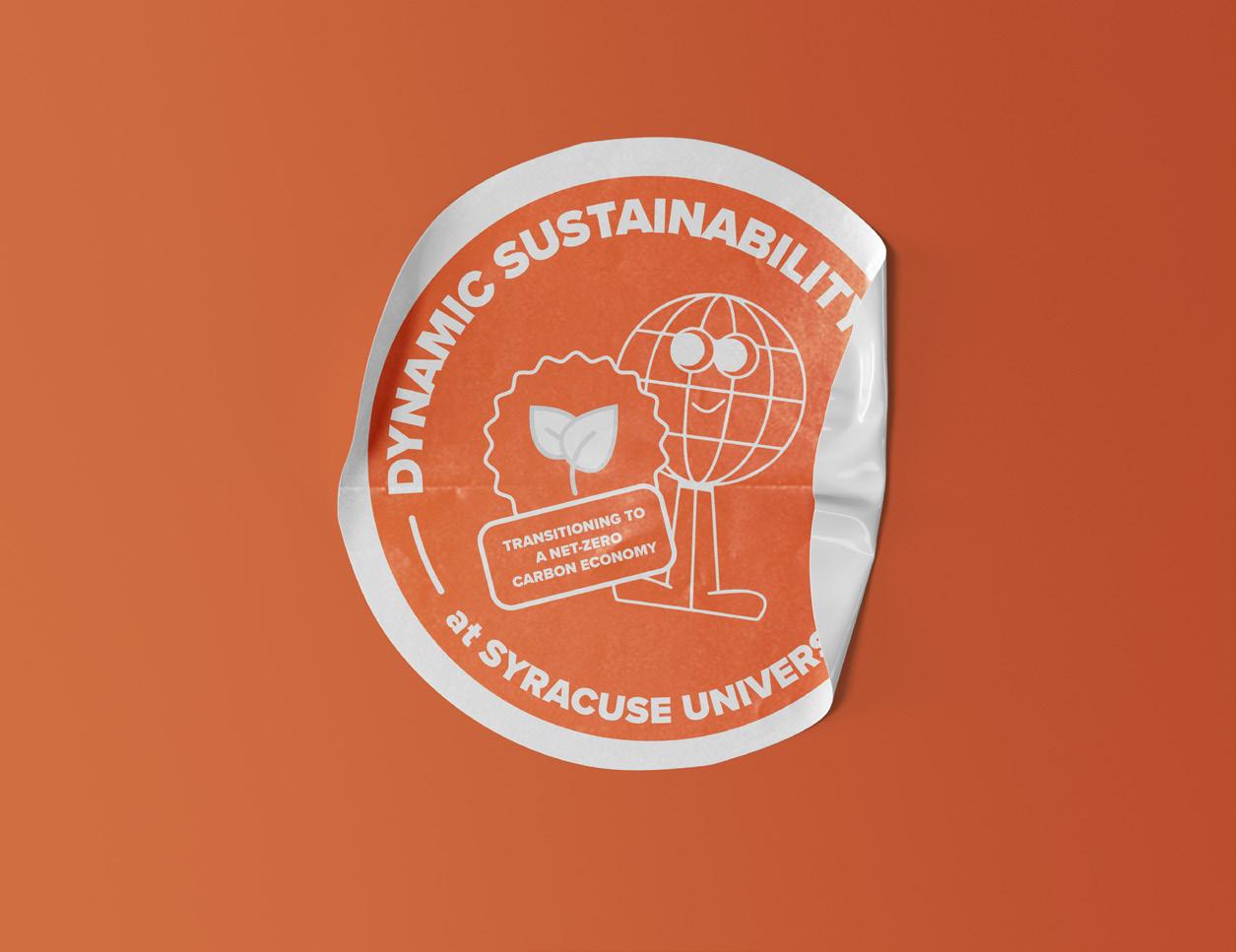
+10% INCREASE IN SOCIAL FOLLOWERS 4,752 SITE VISITS TOTAL OUR YEAR IN NUMBERS
Our film team brings wonderful talent to the lab, capturing our talks, conferences, meetings, and interviewing each of our amazing researchers.
Small, but mighty, this fall the film team only consisted of two members, Jess Van and Kaitlyn Kushner. The film team was tasked with creating highlight videos for each of the teams. The Transparency and Traceability Team Highlight is out, with other highlights to follow.

There has never been a more important time to support our students to be the next generation of leaders who can advance sustainability to protect our communities and maintain a strong economy. The work we do in the Dynamic Sustainability Lab is leading to our students being hired into impactful positions in local, state and federal government as well as many leading companies spanning various sectors.
VERY HIGH JOB PLACEMENT FOR PREVIOUS FELLOWS
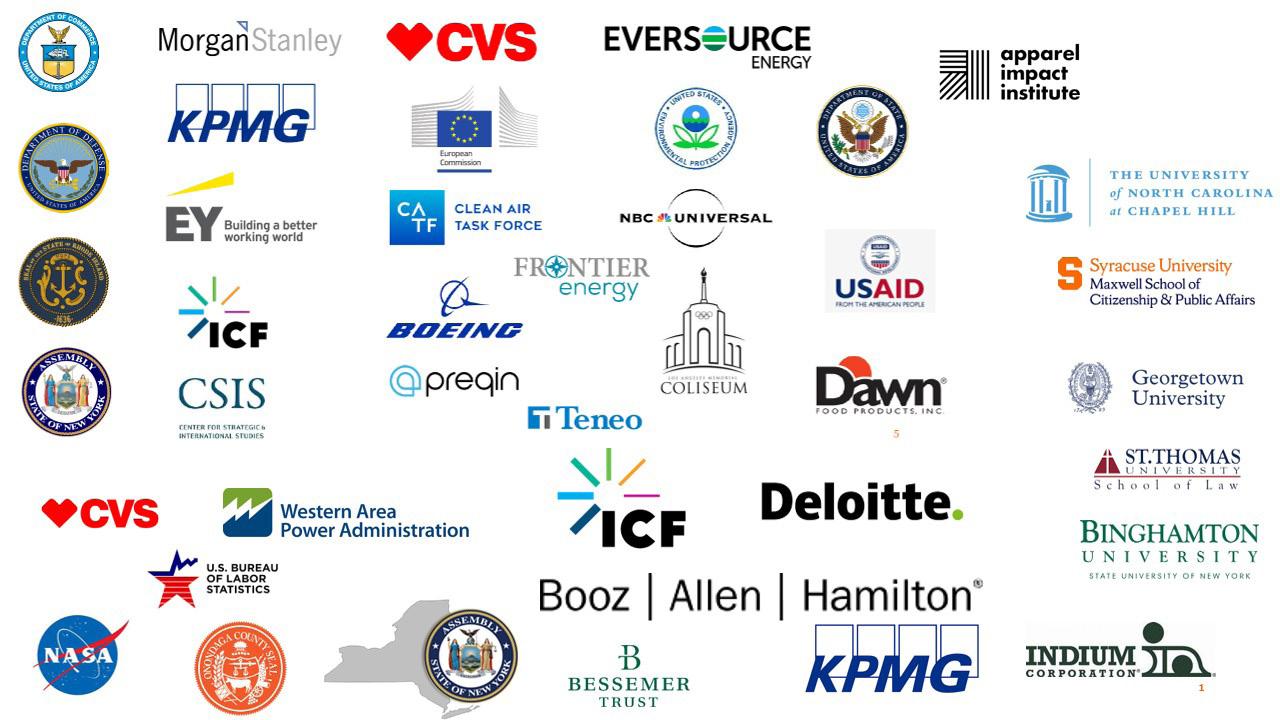
Your support provides the VITAL FUNDING necessary to carry on our work!
To make an unrestricted contribution to benefit our students and the work we provide please go to: givetosu.syr.edu/pontarelliesf
